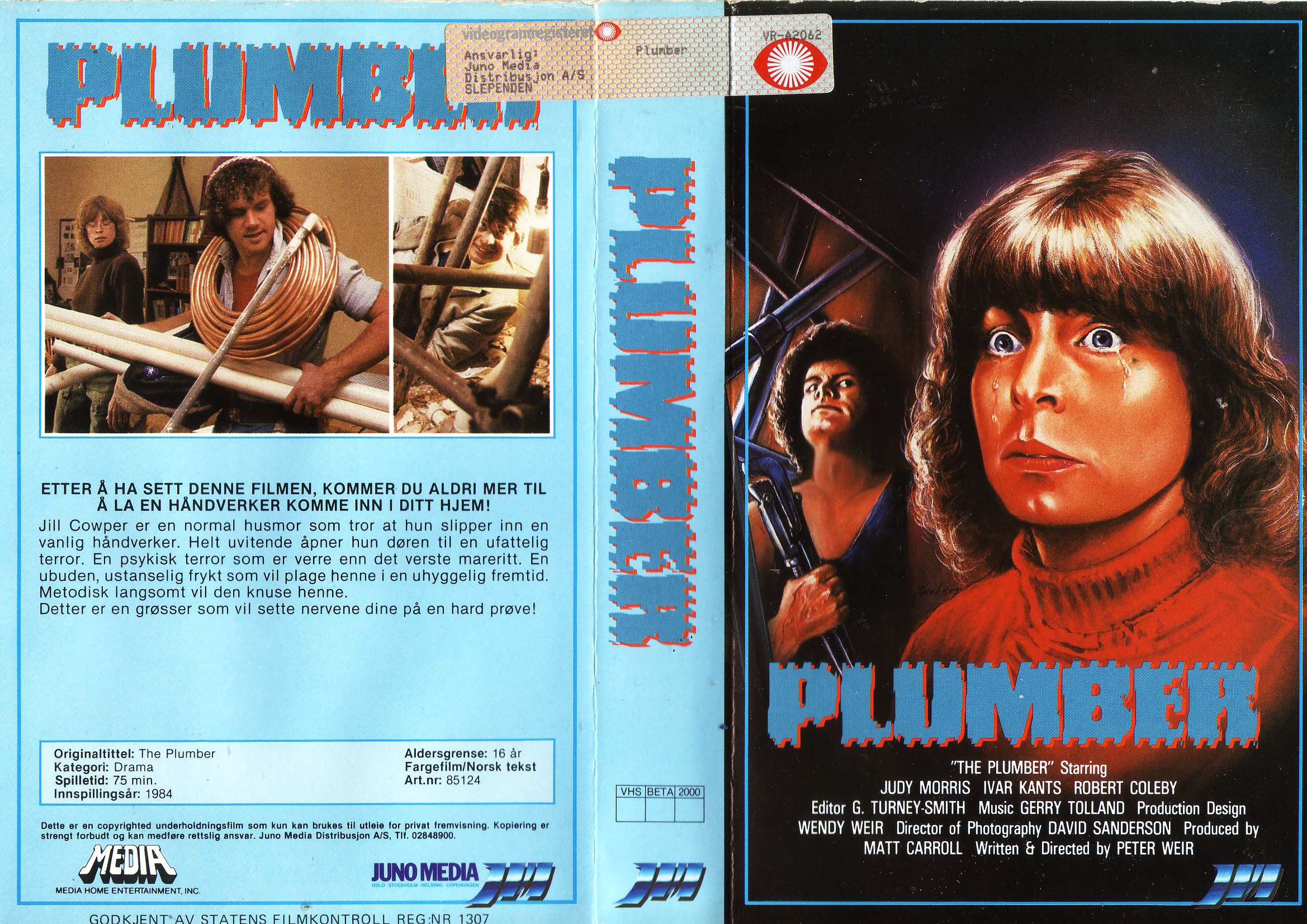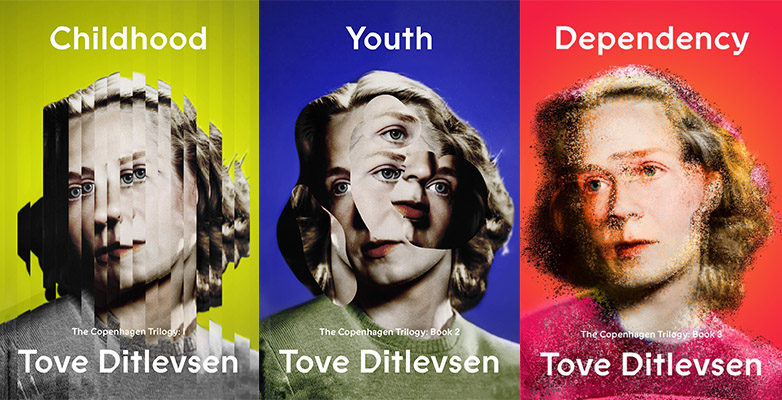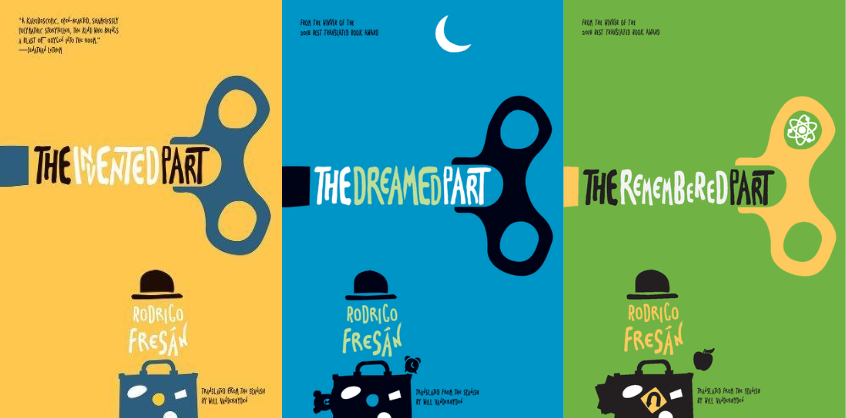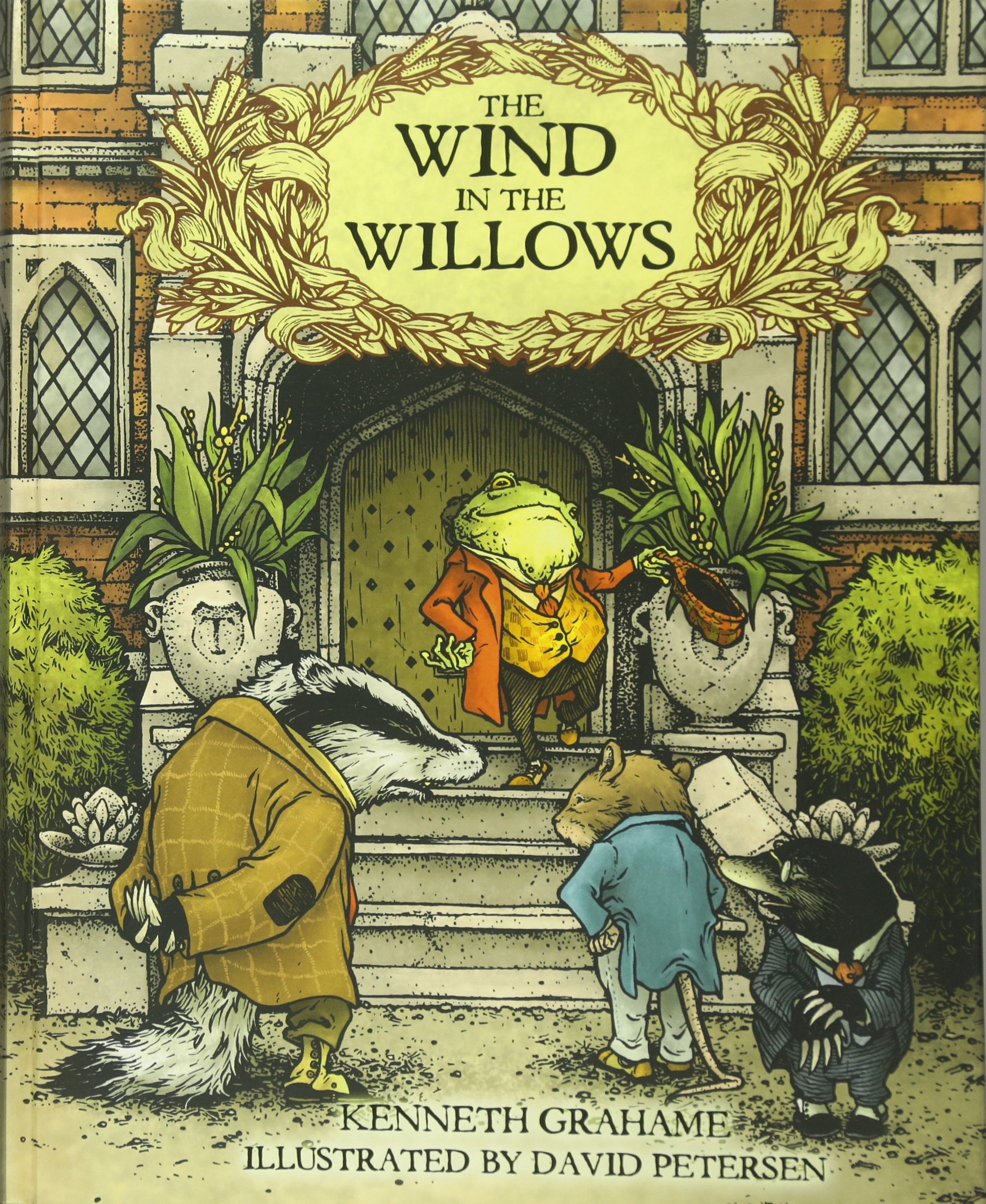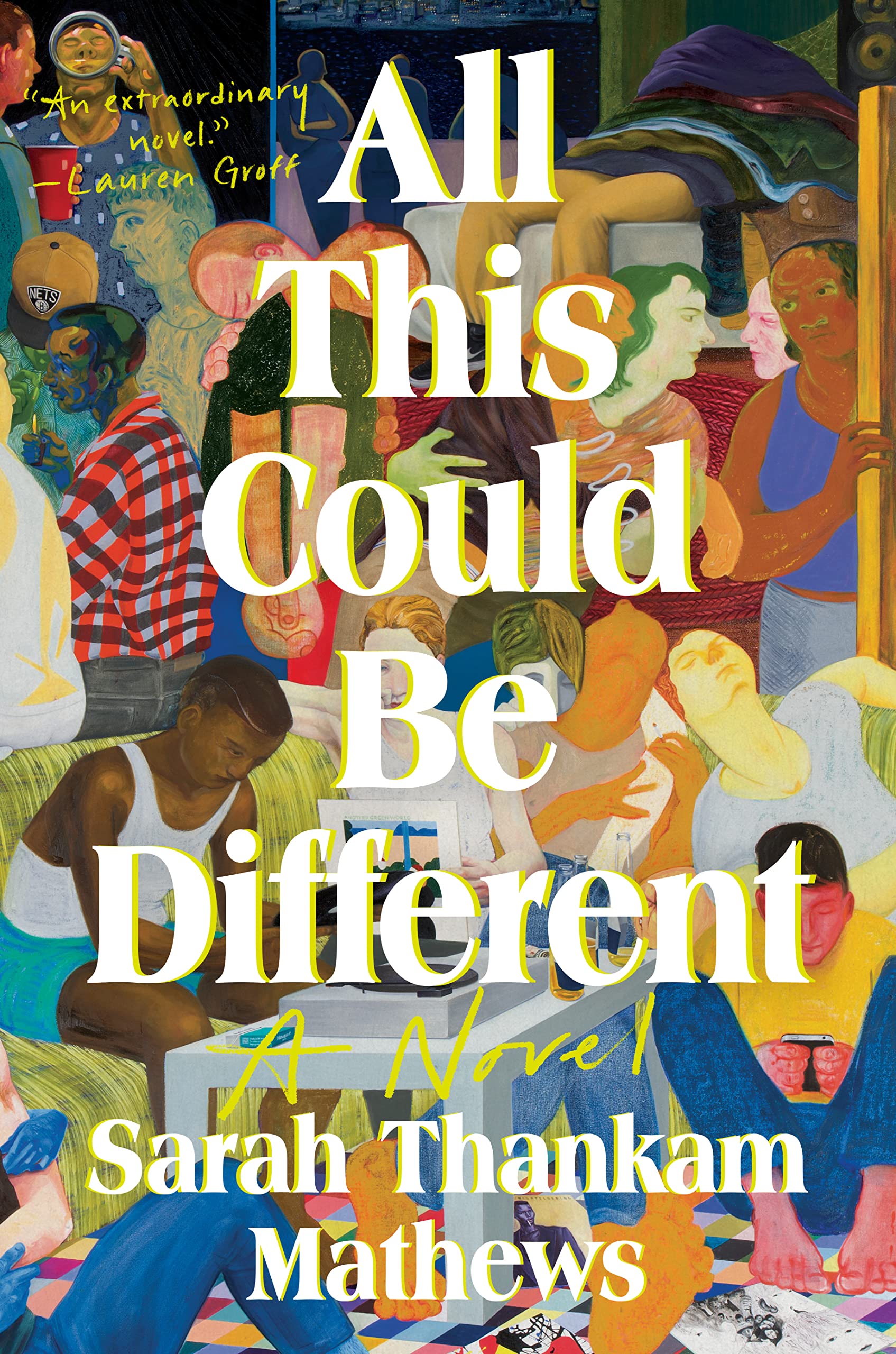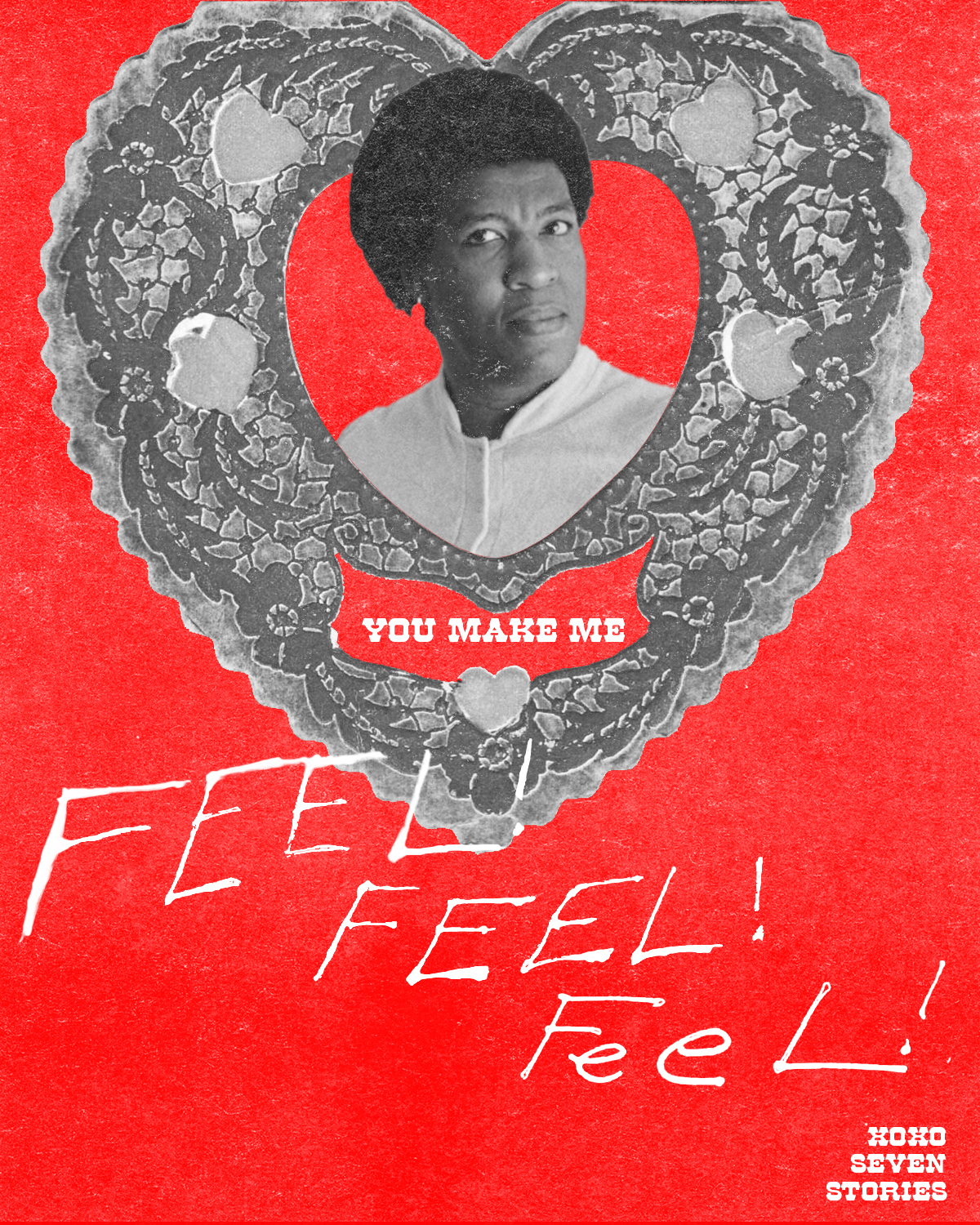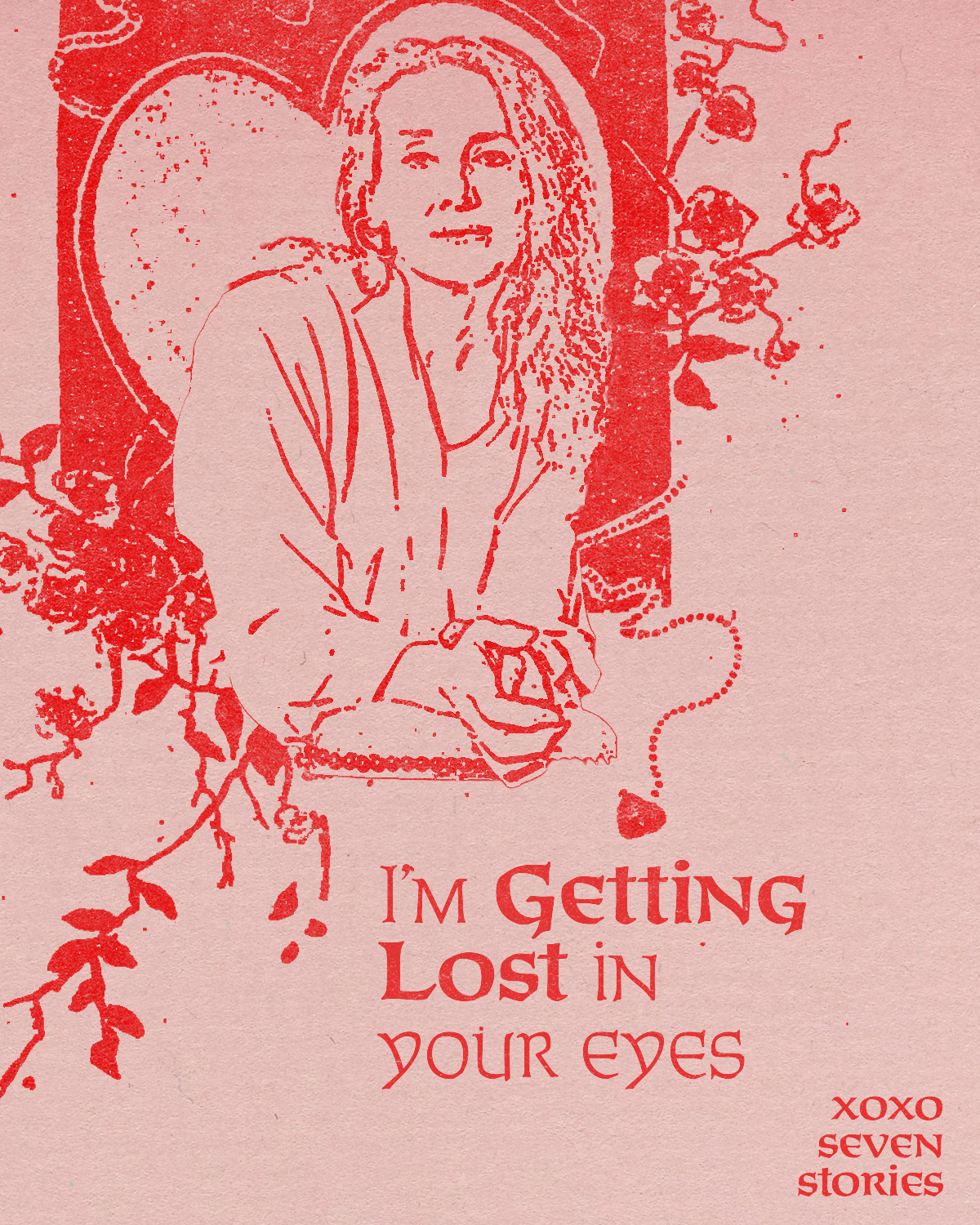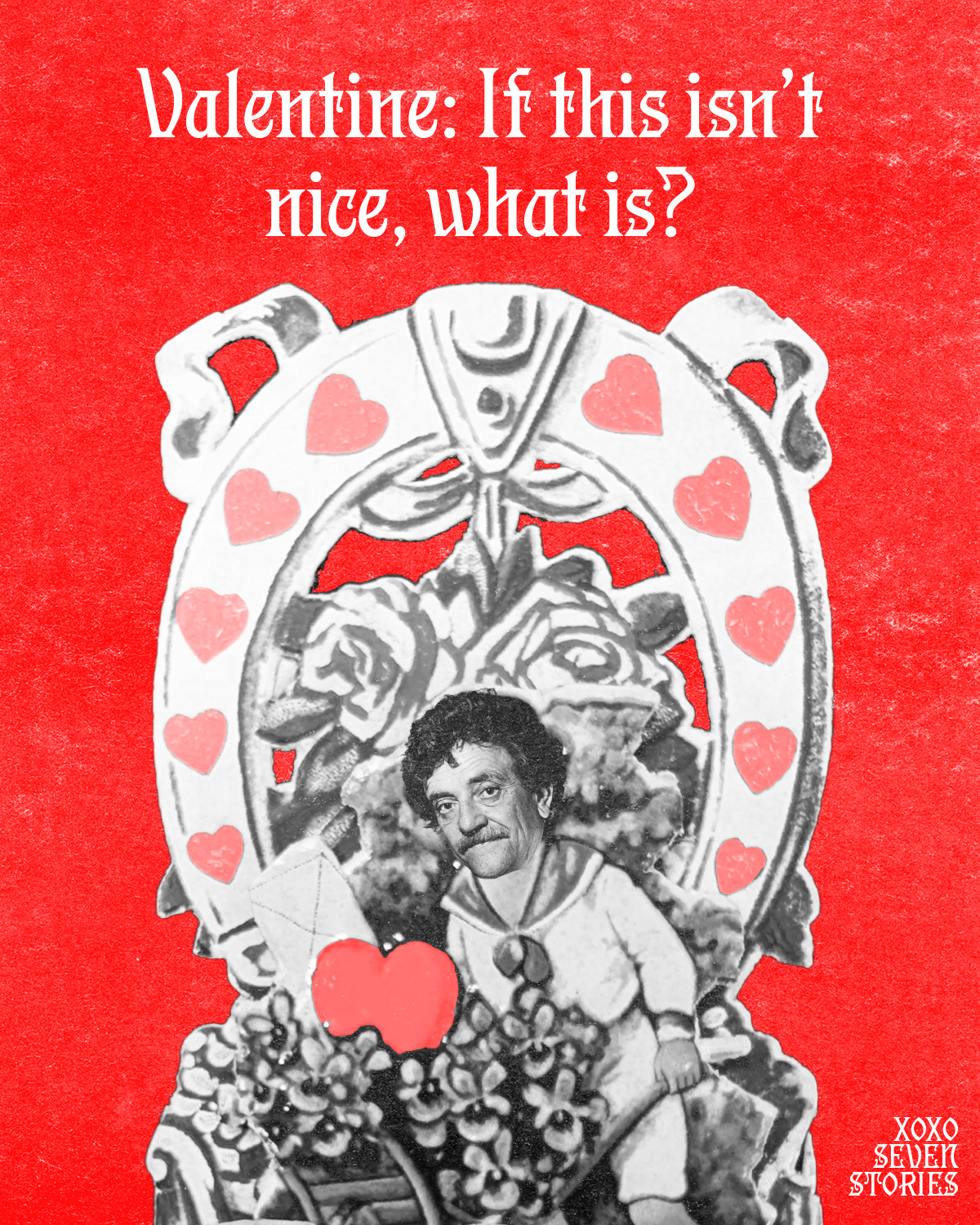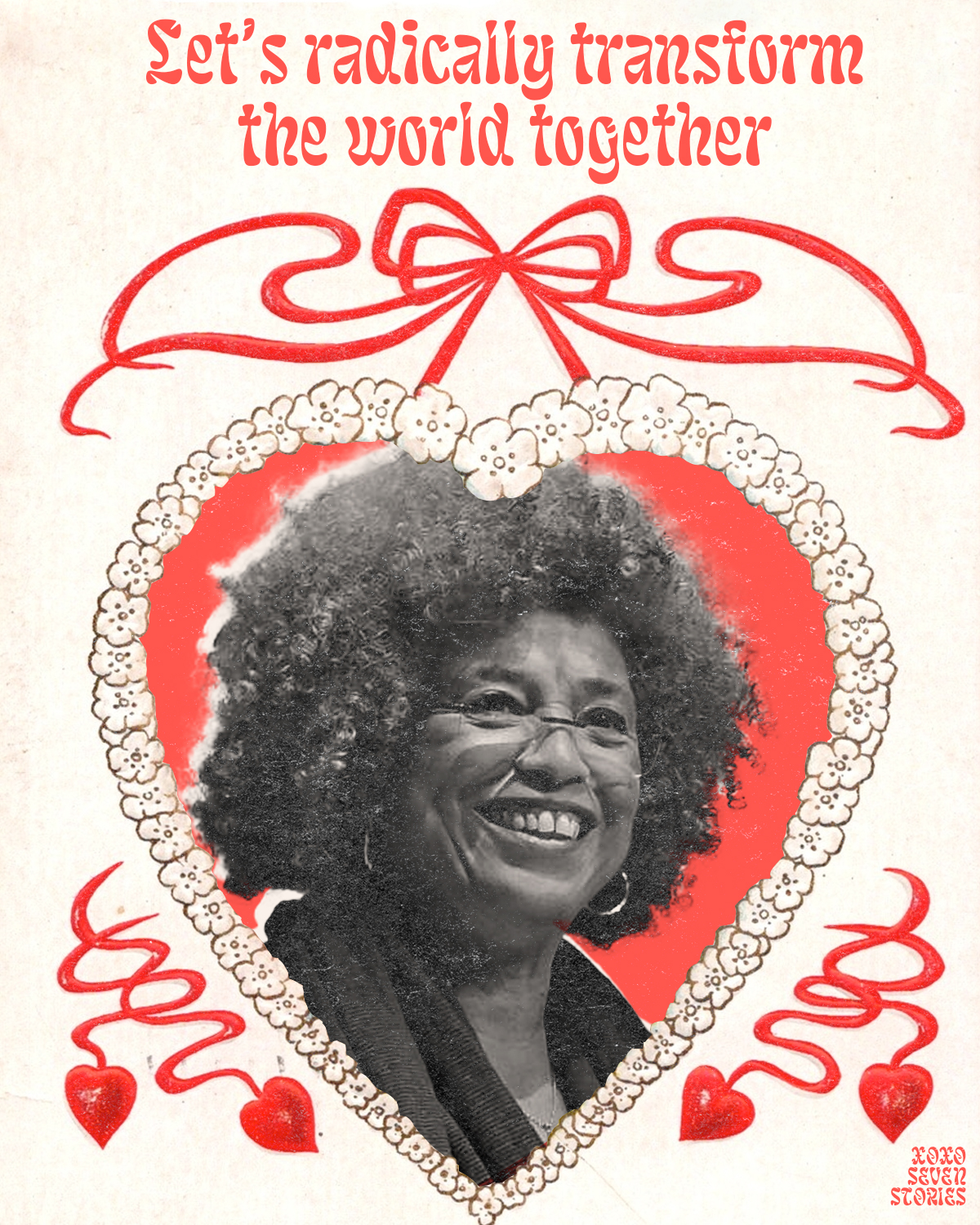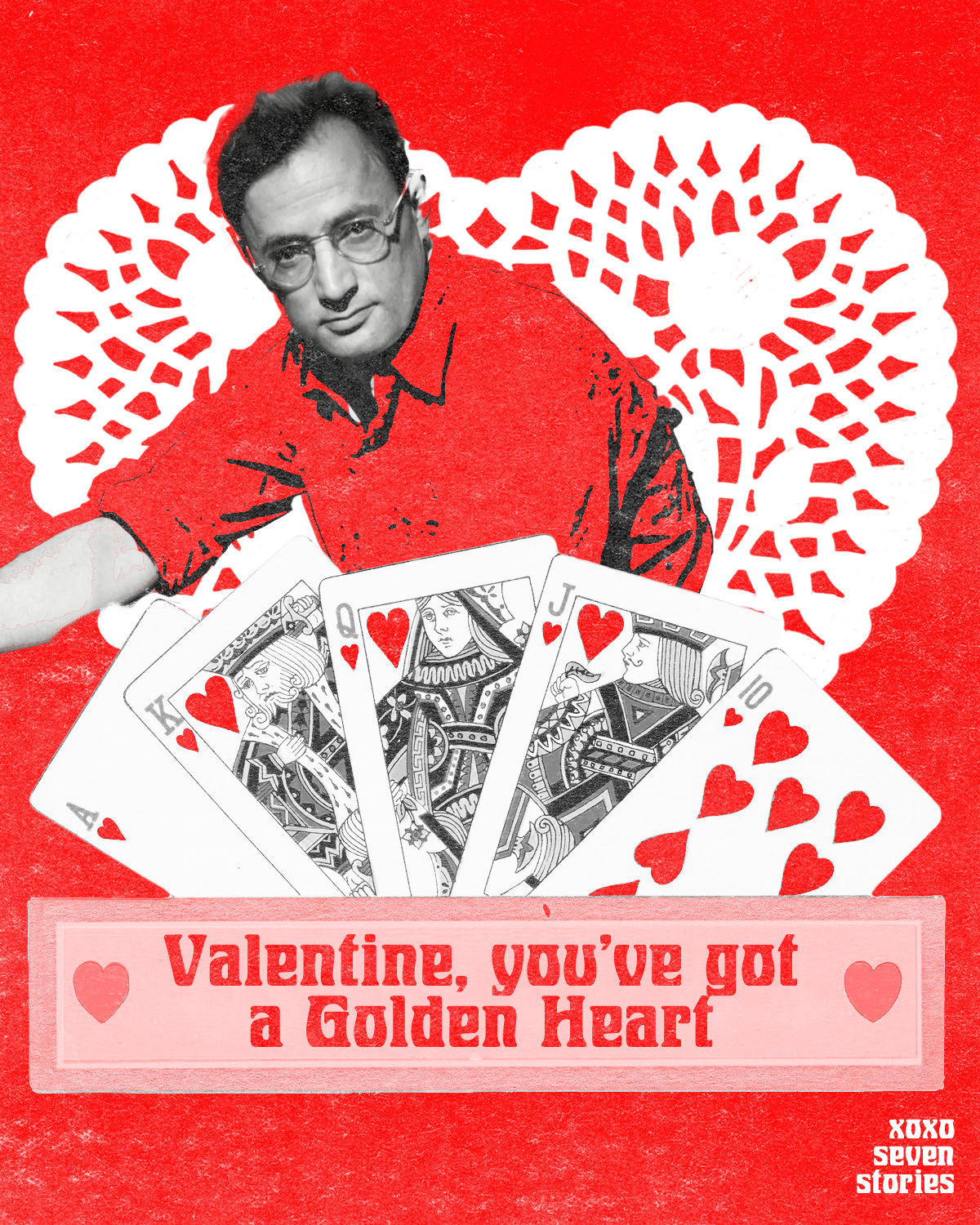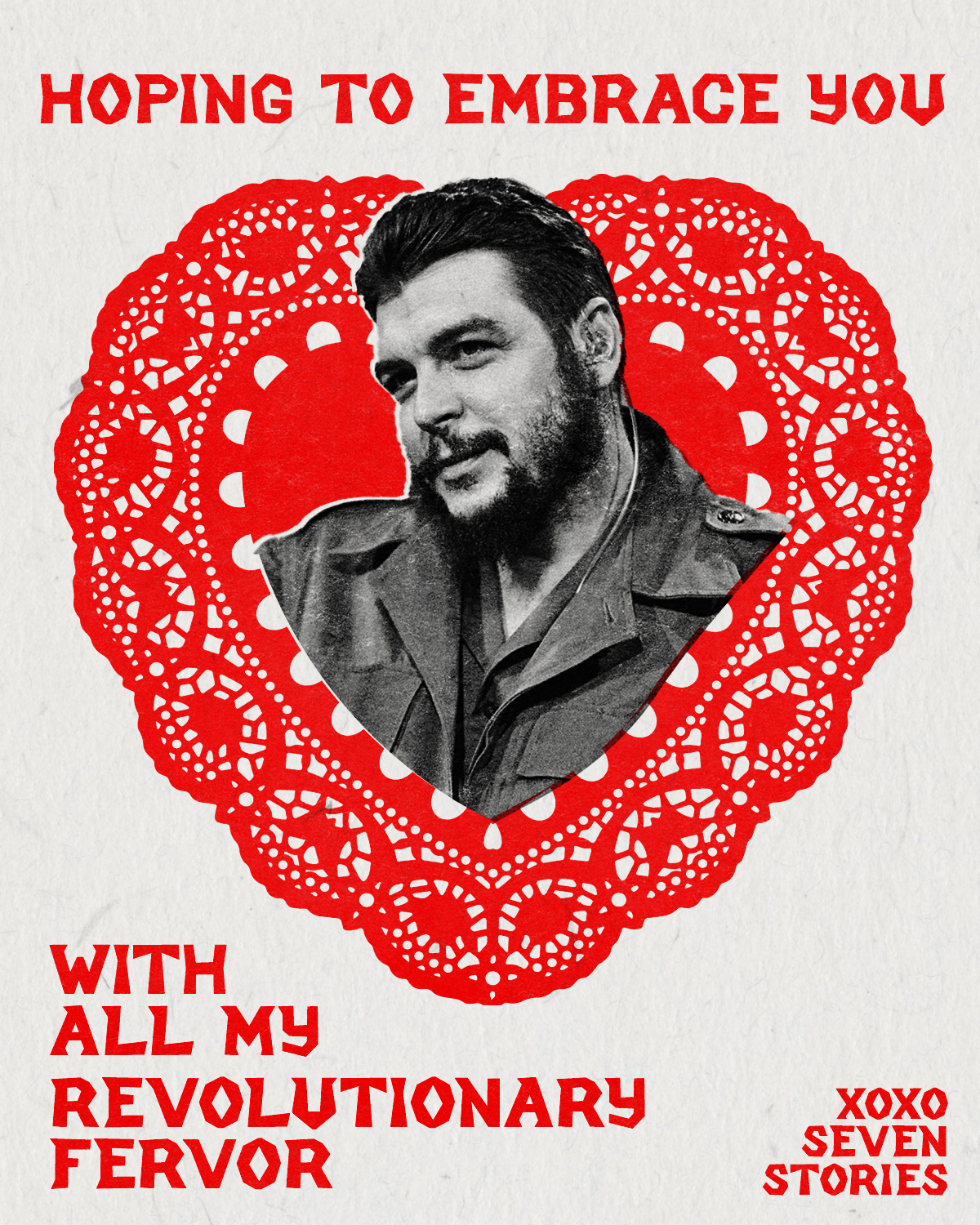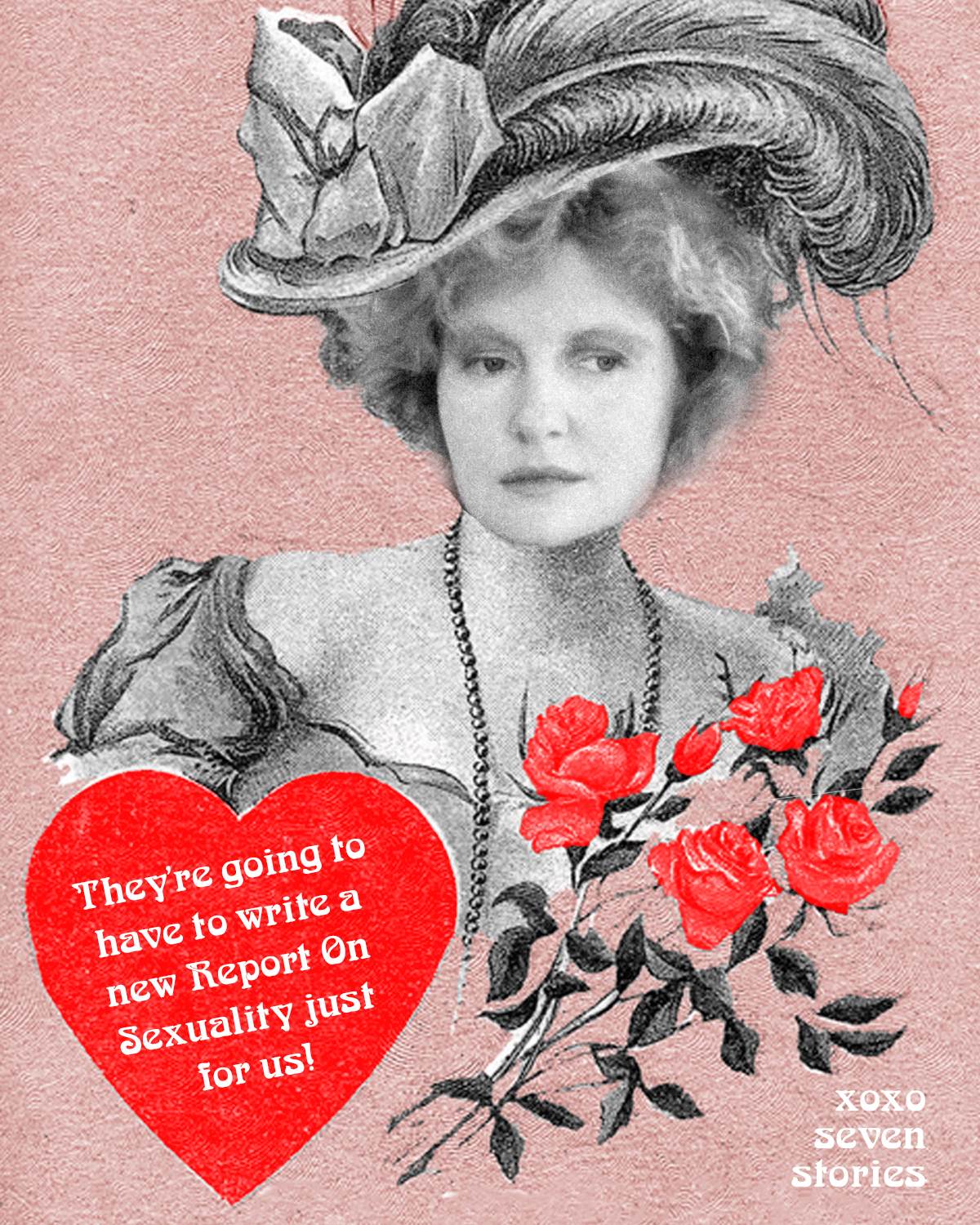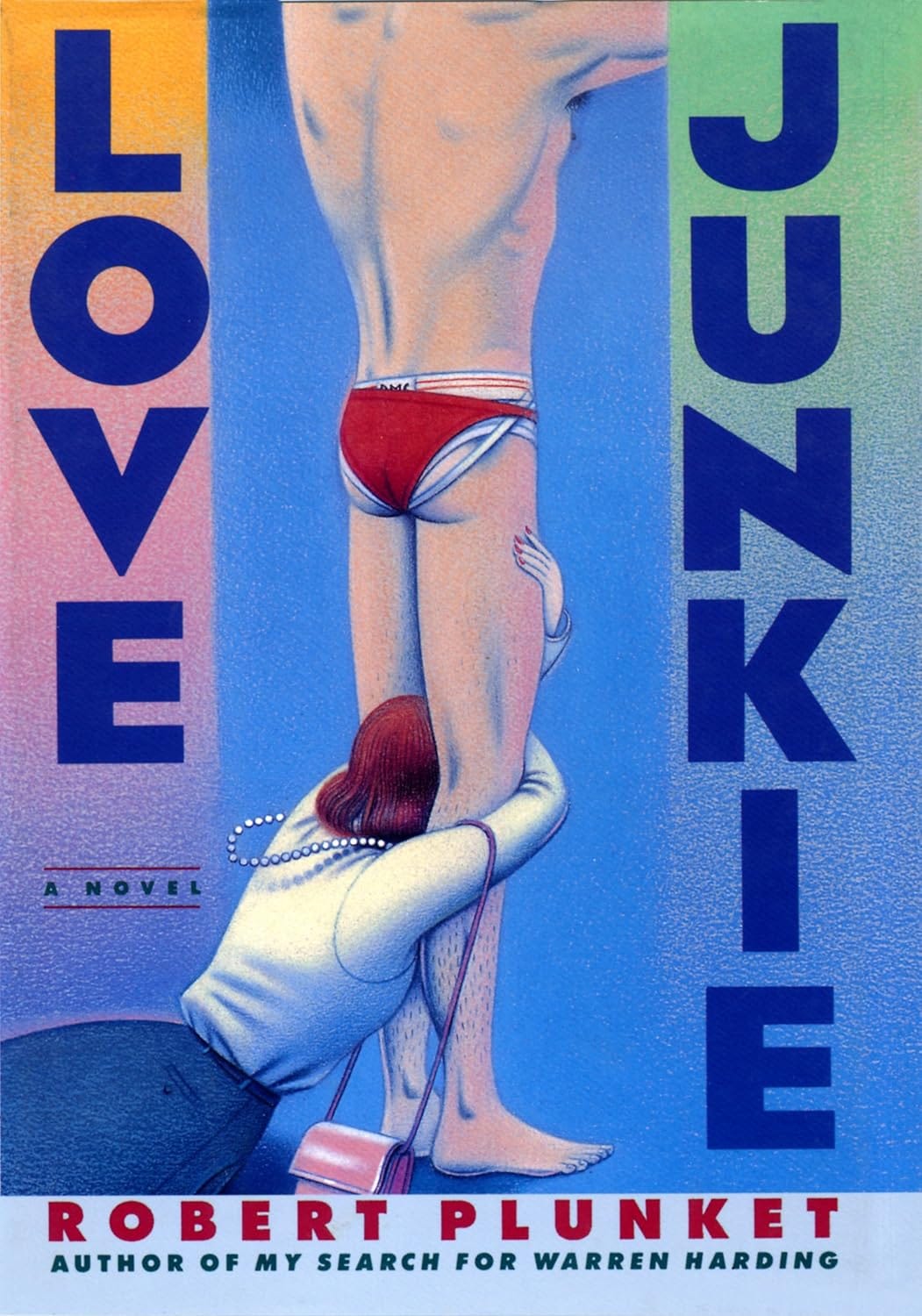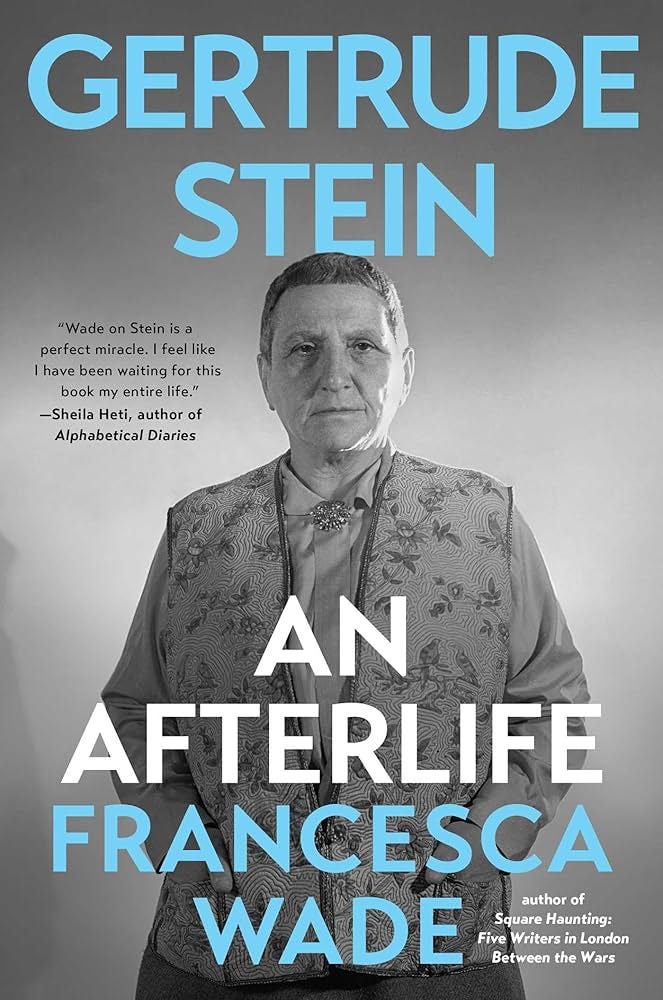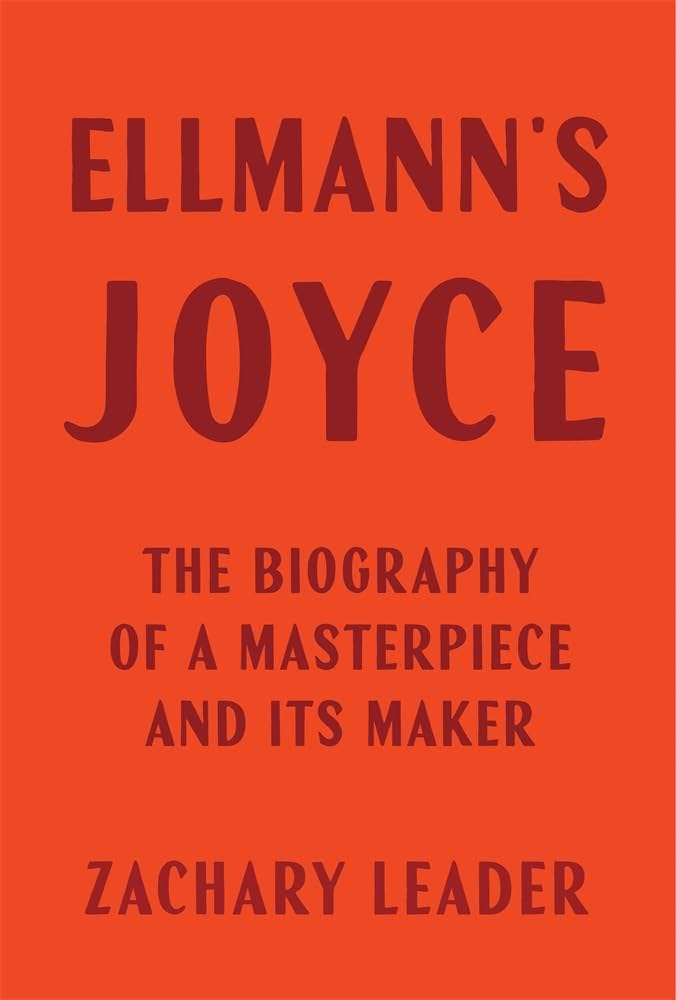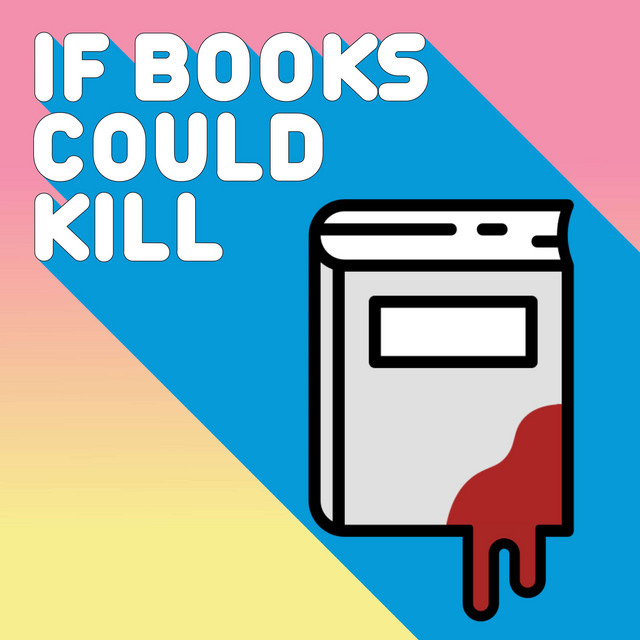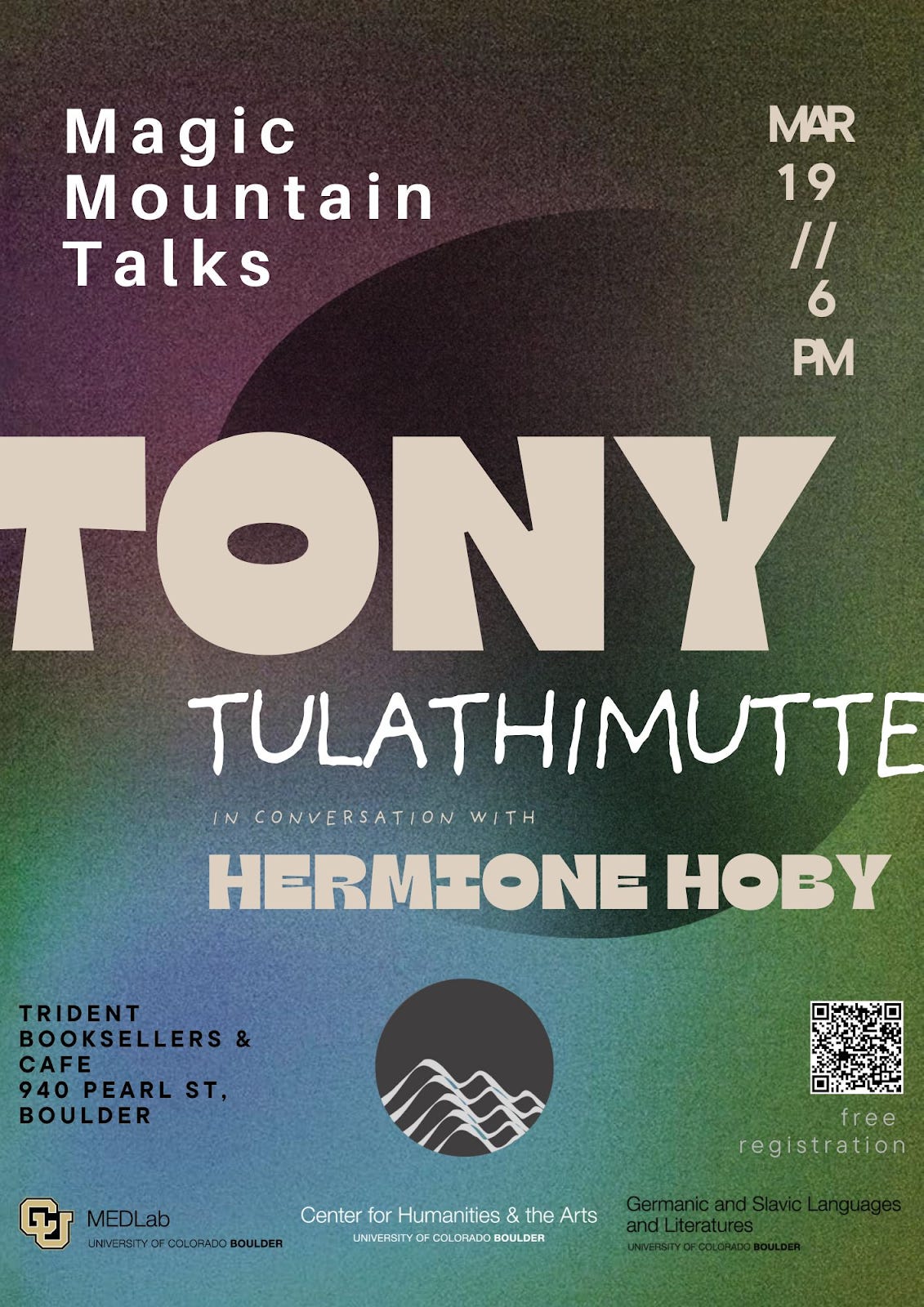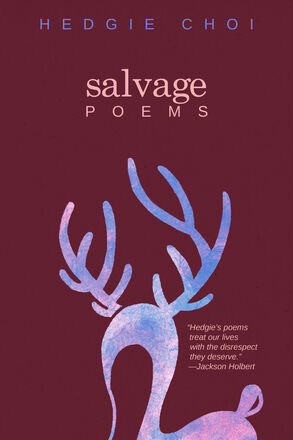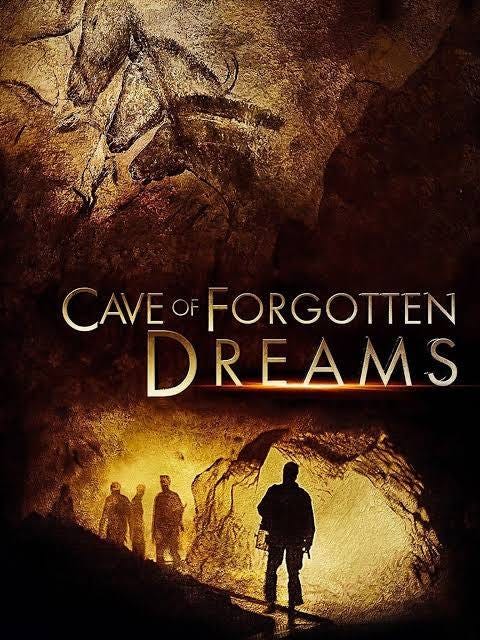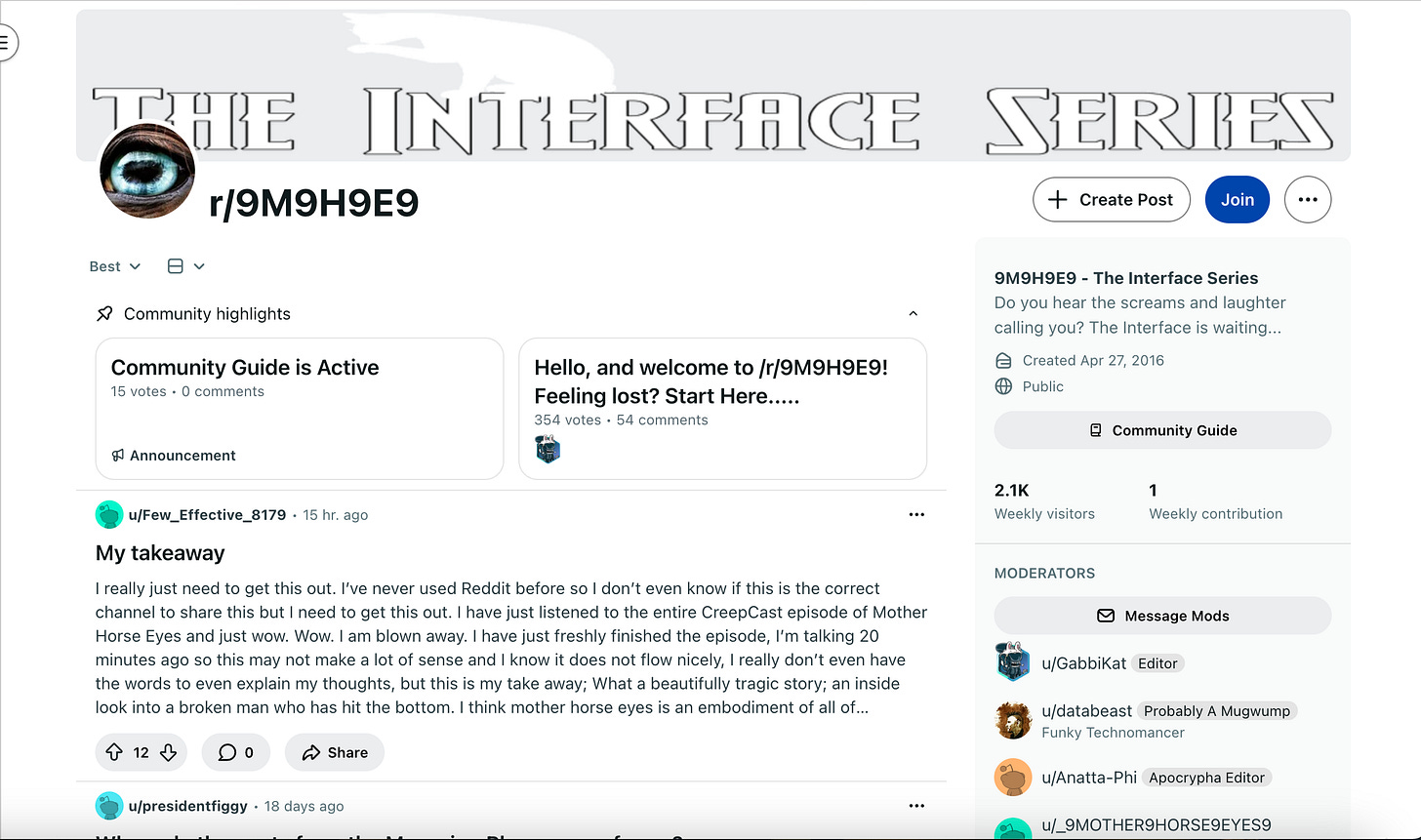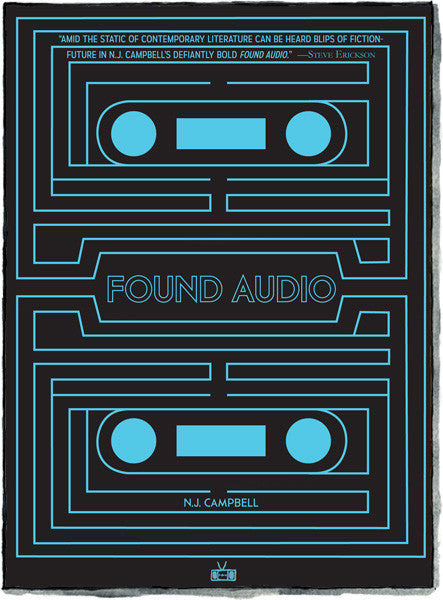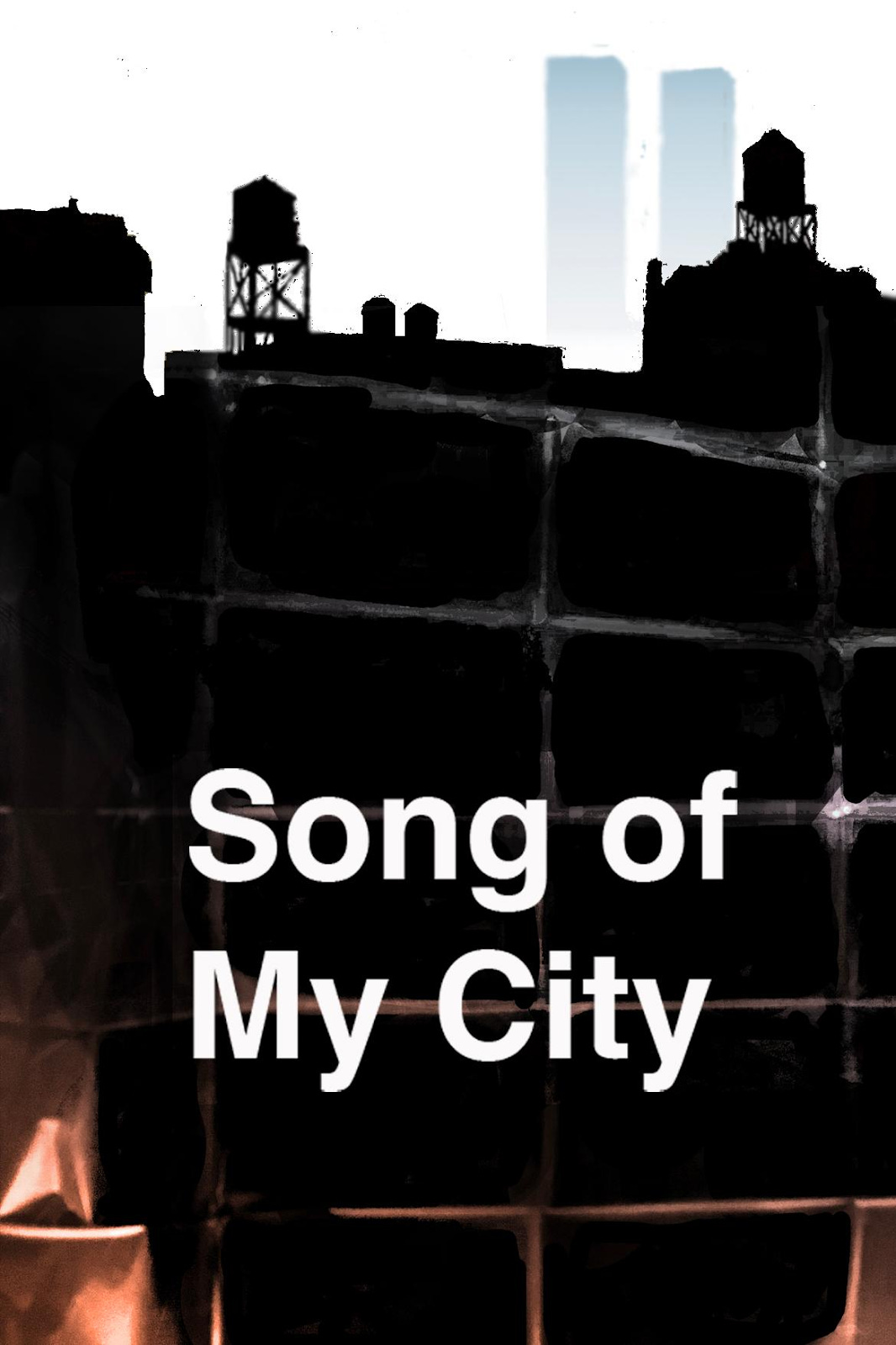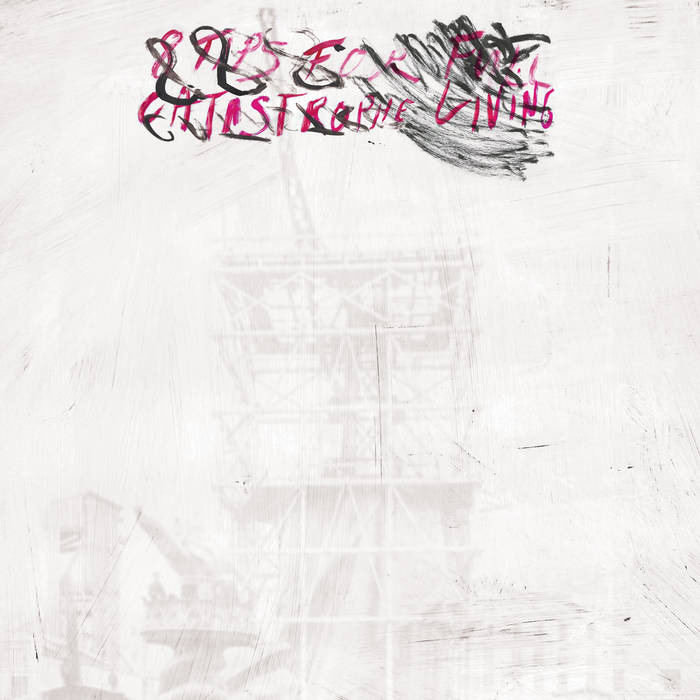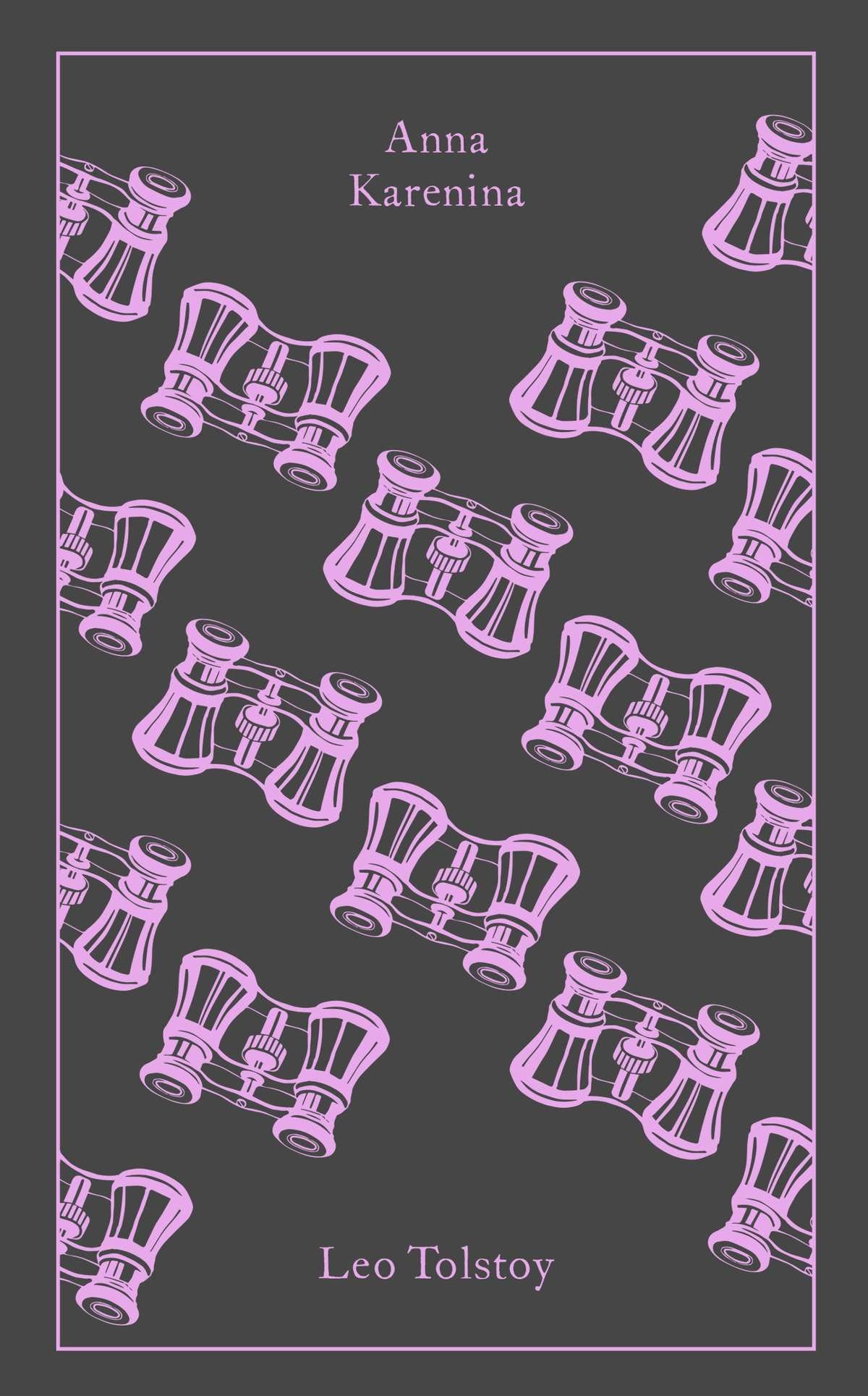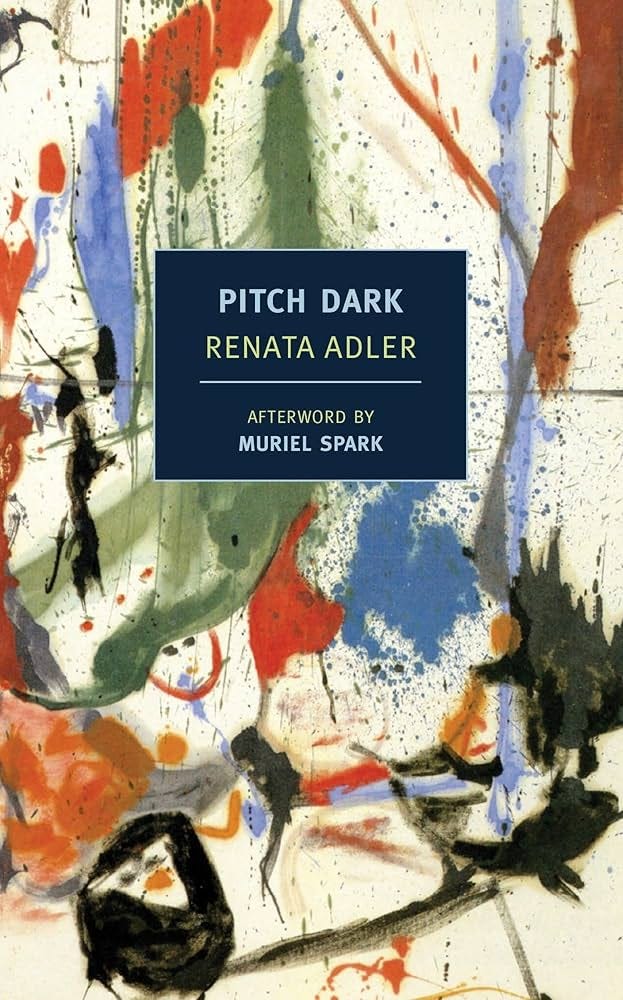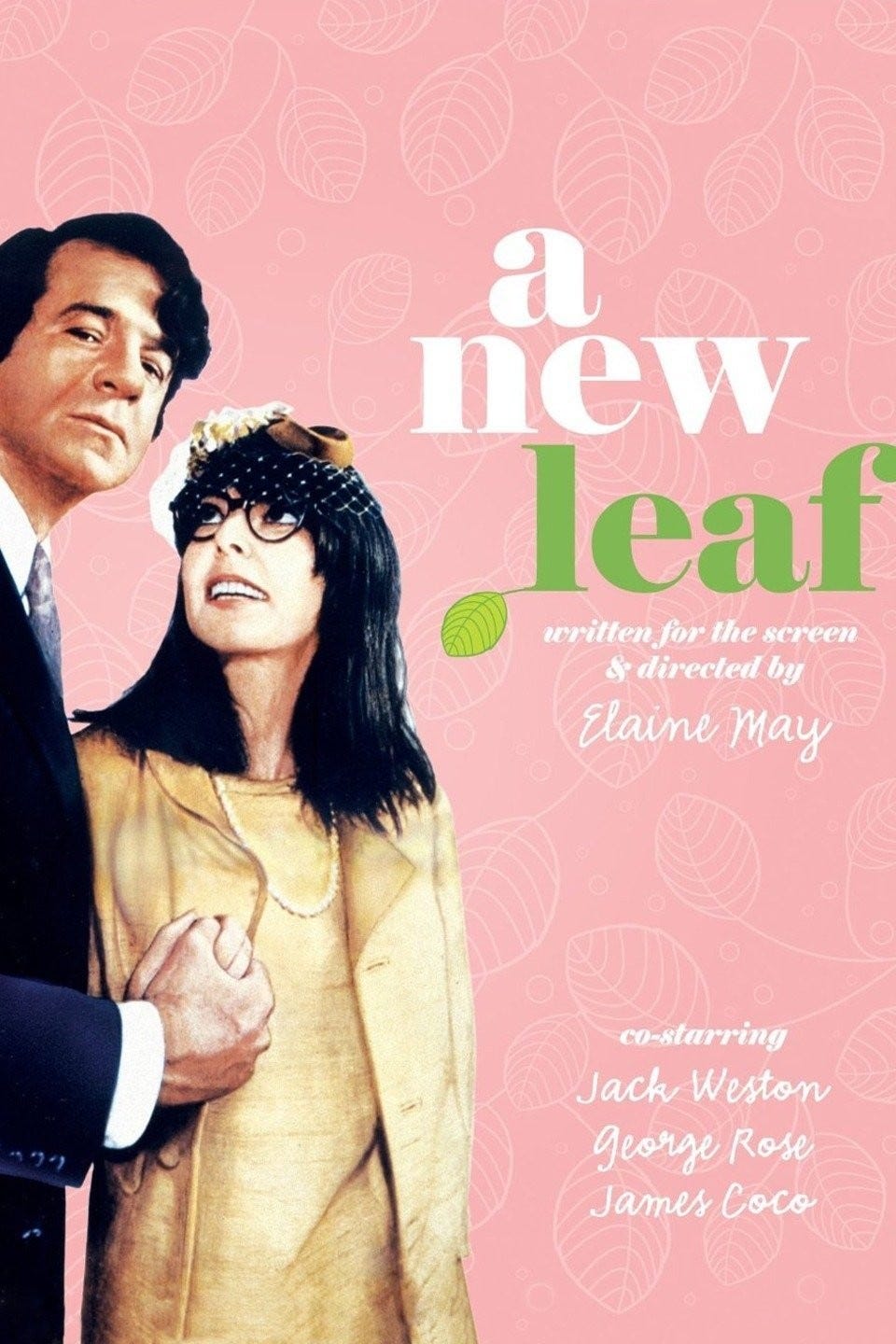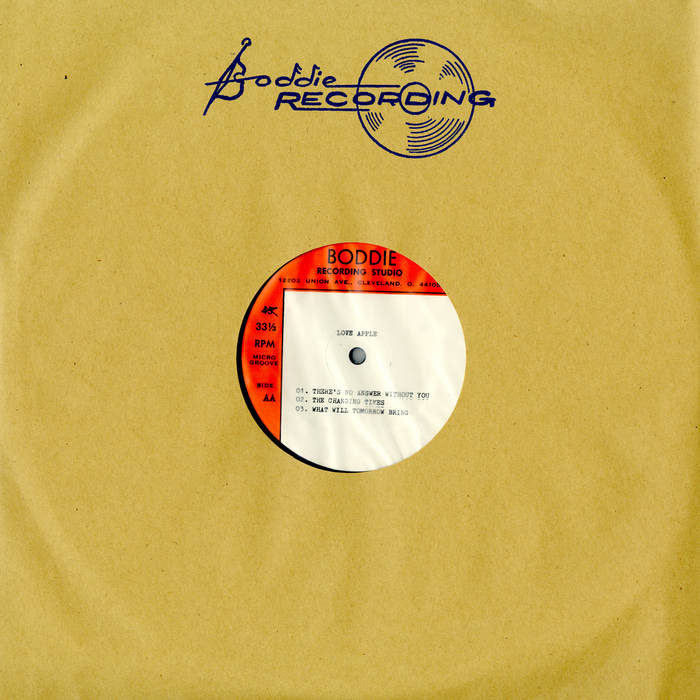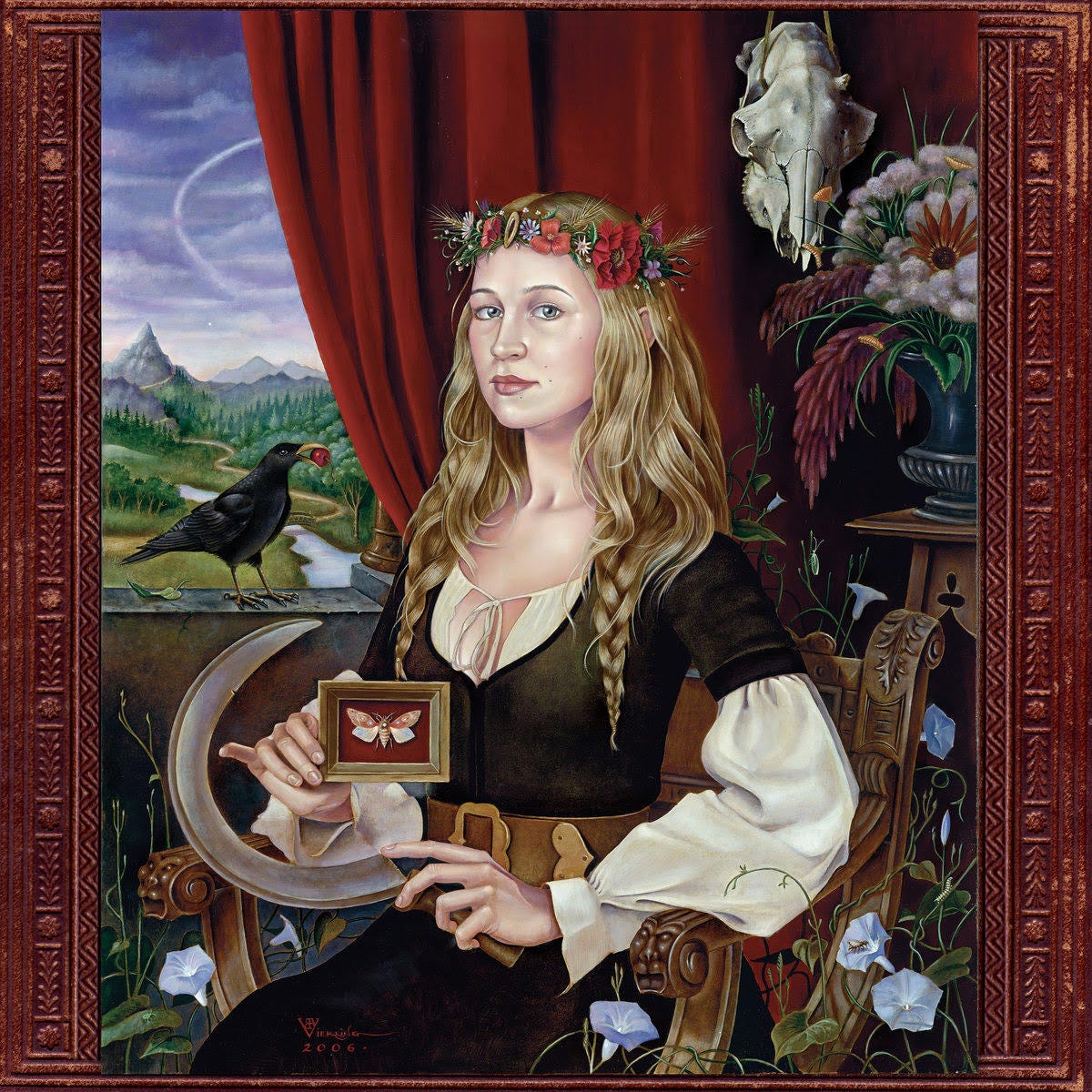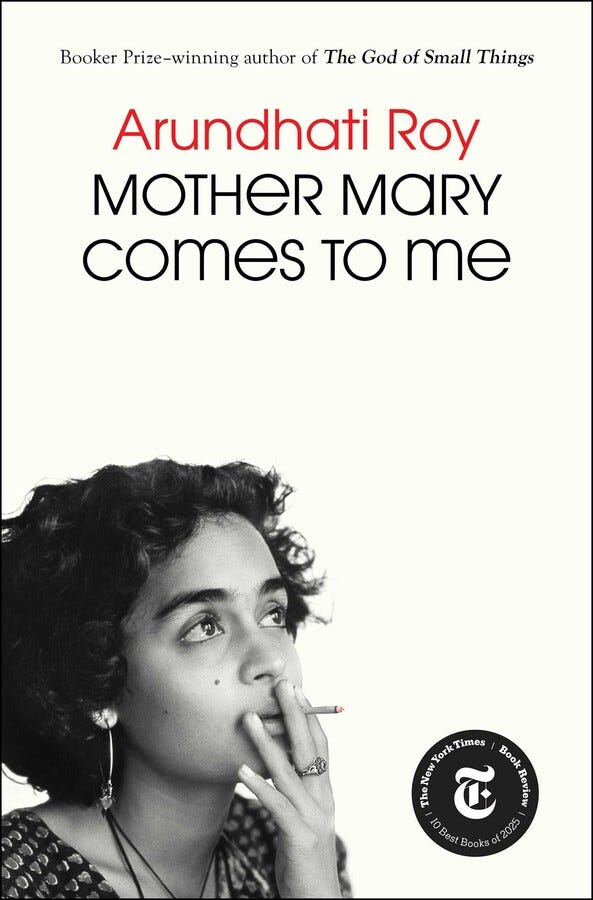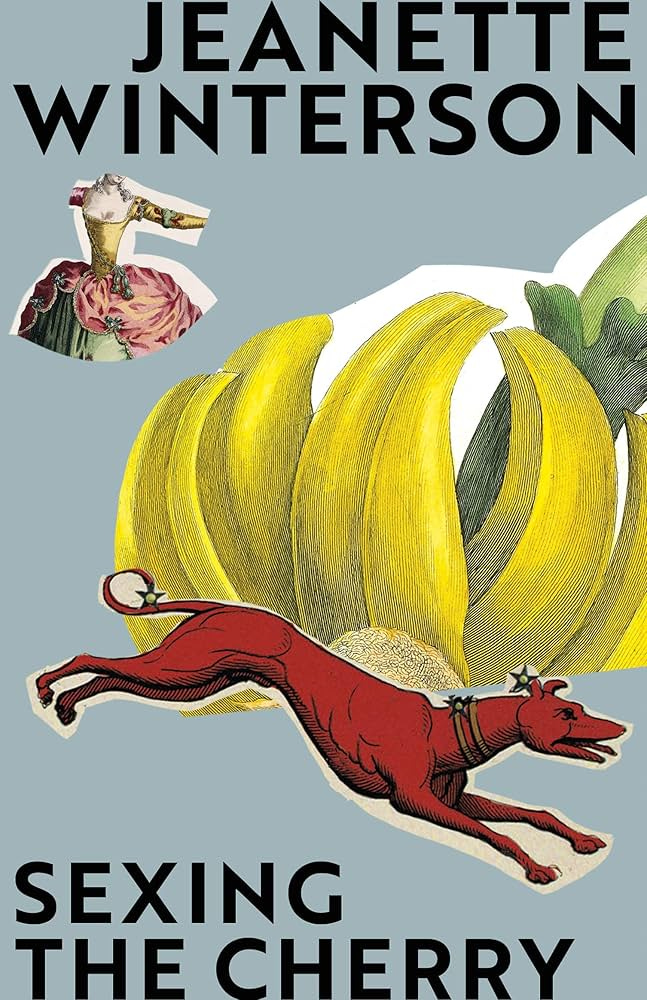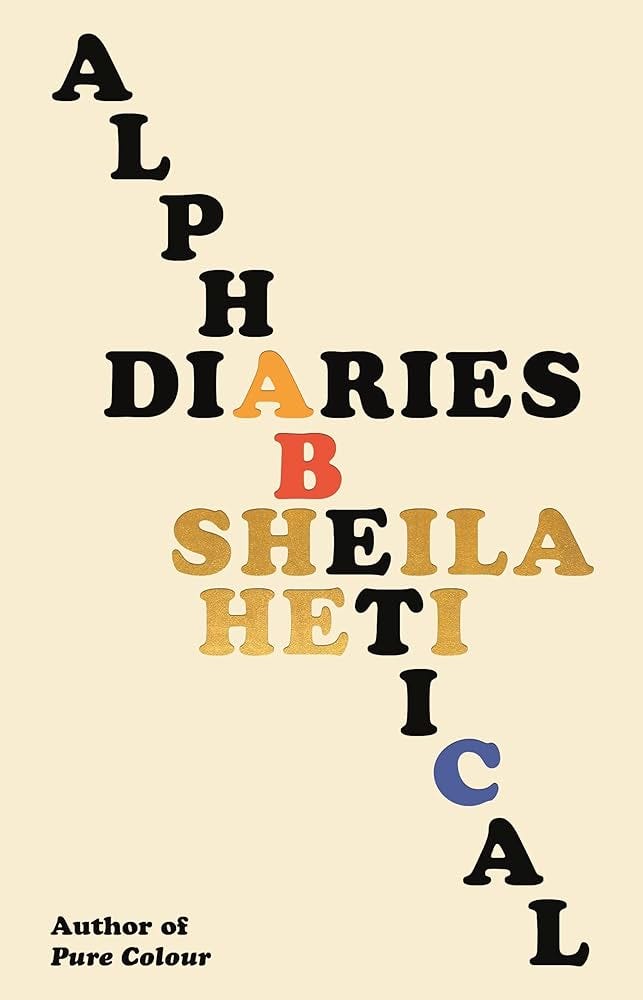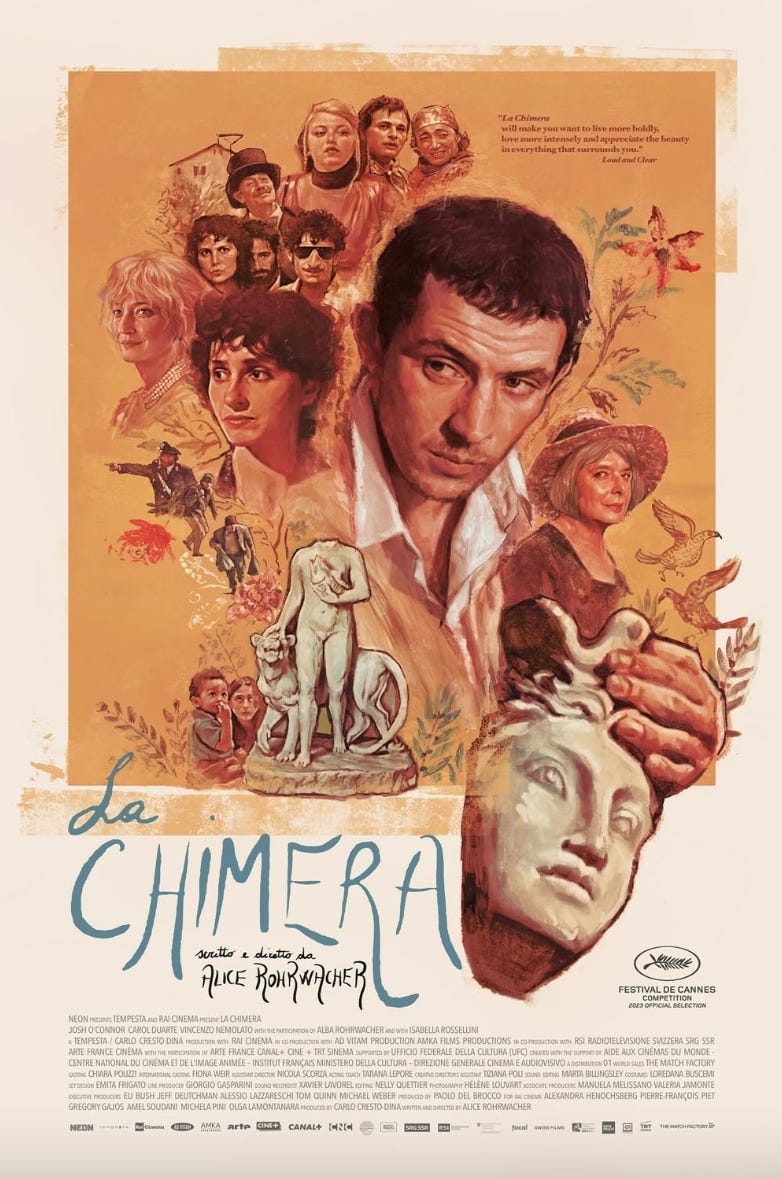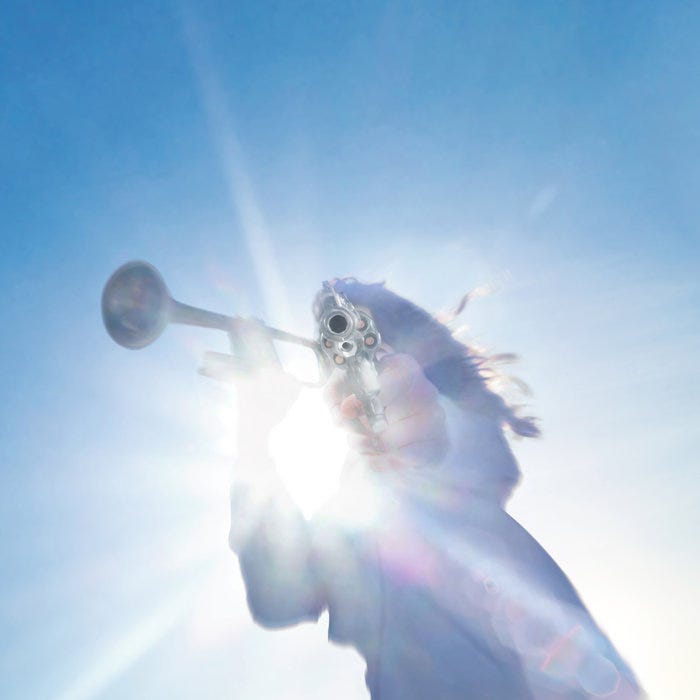This week marks Ralph Nader's 92th birthday. To celebrate, we're proud to publish some excerpts from his book Return to Sender: Unanswered Letters to the President, 2000-2015. Covering 15 years of Ralph's one-sided correspondences with Presidents George W. Bush and Barack Obama, Return to Sender not only demonstrates the steadfast moral resolution that guides Ralph Nader's political endeavors, but also offers a damning portrait of a United States government that, almost 10 years after Nader sent his final letter to Barack Obama, repeatedly makes the same mistakes, and repeatedly commits the same egregious crimes against its citizens and against foreign nations alike.
The letters excerpted below primarily focus on America's foreign policy — specifically, the diasterous "War on Terror" (2003), the continued operation of the Guantanamo Bay detention camp (2013), the United States’ bombing campaign in Syria (2013), and the United States' military and financial support for the Israeli army's invasion of Lebanon (2006) and continued assault on Palestine (2008).
We have also included a letter from Ralph Nader to President Obama written from the perspective of an E.coli bacteria in German Laboratory in Bavaria. While it can act as a sort of palate cleanser, ultimately Nader's repeated references to the United States' foreign policy failures and domestic torture programs offer another window into his consistent advocacy for human rights and against imperialism. He's a remarkably consistent man.
Happy Birthday, Ralph, and thank you for everything.
LETTERS TO PRESIDENT GEORGE W. BUSH
December 21, 2008
Protect Gaza
Dear President Bush,
Congressman Barney Frank said recently that Barack Obama’s declaration that “there is only one president at a time” overestimated the number. He was referring to the economic crisis. But where are you on the Gaza crisis where the civilian population of Gaza, its civil servants and public facilities are being massacred and destroyed respectively by U.S.-built F-16s and U.S.-built helicopter gunships?
The deliberate suspension of your power to stop this terrorizing of 1.5 million people, mostly refugees, blockaded for months by air, sea and land in their tiny slice of land, is in cowardly contrast to the position taken by President Dwight Eisenhower in 1956. That year he single-handedly stopped the British, French, and Israeli aircraft attack against Egypt during the Suez Canal dispute.
Fatalities in Gaza are already over 400 and injuries close to 2,000 so far as is known. Total Palestinian civilian casualties are 400 times greater than the casualties incurred by Israelis.
But why should anyone be surprised at your blanket support for Israel’s attacks given what you have done to a far greater number of civilians in Iraq and now in Afghanistan?
Confirmed visual reports show that Israeli warplanes and warships have destroyed or severely damaged police stations, homes, hospitals, pharmacies, mosques, fishing boats, and a range of public facilities providing electricity and other necessities.
Why should this trouble you at all? It violates international law, including the Geneva Conventions and the U.N. Charter. You too have repeatedly violated international law and committed serious constitutional transgressions.
Then there is the matter of the Israeli government blocking imports of critical medicines, equipment such as dialysis machines, fuel, food, water, spare parts, and electricity at varying intensities for almost two years. The depleted U.N. aid mission there has called this illegal blockade a humanitarian crisis especially devastating to children, the aged and the infirm. Chronic malnutrition among children is rising rapidly. U.N. rations support 80 percent of this impoverished population.
How do these incontrovertible facts affect you? Do you have any empathy or what you have called Christian charity?
What would a vastly shrunken Texas turned in an encircled Gulag do up against the 4th most powerful military in the world? Would these embattled Texans be spending their time chopping wood?
Gideon Levy, the veteran Israeli columnist for Haaretz, called the Israeli attack a “brutal and violent operation” far beyond what was needed for protecting the people in its south. He added:
“The diplomatic efforts were just in the beginning, and I believe we could have got to a new truce without this bloodshed—to send dozens of jets to bomb a total helpless civilian society with hundreds of bombs—just today, they were burying five sisters. I mean, this is unheard of. This cannot go on like this. And this has nothing to do with self-defense or with retaliation even. It went out of proportion, exactly like two-and-a-half years ago in Lebanon.”
Apparently, thousands of Israelis, including some army reservists, who have demonstrated against this destruction of Gaza agree with Mr. Levy. However, their courageous stands have not reached the mass media in the U.S., whose own reporters cannot even get into Gaza due to Israeli prohibitions on the international press.
Your spokespeople are making much ado about the breaking of the six-month truce. Who is the occupier? Who is the most powerful military force? Who controls and blocks the necessities of life? Who has sent raiding missions across the border most often? Who has sent artillery shells and missiles at close range into populated areas? Who has refused the repeated comprehensive peace offerings of the Arab countries issued in 2002 if Israel would agree to return to the 1967 borders and agree to the creation of a small independent Palestinian state possessing just 22 percent of the original Palestine?
The “wildly inaccurate rockets,” as reporters describe them, coming from Hamas and other groups cannot compare with the modern precision armaments and human damage generated from the Israeli side.
There are no rockets coming from the West Bank into Israel. Yet, the Israeli government is still sending raiders into that essentially occupied territory, further entrenching its colonial outposts that are still taking water and land and increasing the checkpoints. This is going on despite a most amenable West Bank leader, Mahmoud Abbas, whom you have met with at the White House and praised repeatedly. Is it all vague words and no real initiatives with you and your emissary Condoleezza Rice?
Peace was possible, but you provided no leadership, preferring instead to comply with all wishes and demands by the Israeli government—even resupplying it with the still-active cluster bombs in south Lebanon during the invasion of that country in 2006.
The arguments about who started the latest hostilities go on and on with Israel always blaming the Palestinians to justify all kinds of violence and harsh treatment against innocent civilians.
From the Palestinian standpoint, you would do well to remember the origins of this conflict, which was the dispossession of their lands. To afford you some empathy, recall the oft-quoted comment by the founder of Israel, David Ben-Gurion, who told the Zionist leader, Nahum Goldmann: “There has been anti-Semitism—the Nazis, Hitler, Auschwitz—but was that their [the Palestinians] fault? They only see one thing: We have come here and stolen their country. Why should they accept that?”
Alfred North Whitehead once said: “Duty arises out of the power to alter the course of events.” By that standard, you have shirked mightily your duty over the past eight years to bring peace to both Palestinians and Israelis and more security to a good part of the world.
The least you can do in your remaining days at the White House is adopt a modest profile in courage, and vigorously demand and secure a ceasefire and a solidly based truce. Then your successor, President-elect Obama, can inherit something more than the usual self-censoring Washington puppet show that eschews a proper focus on the national interests of the United States.
Sincerely,
Ralph Nader
Lebanon
Dear President Bush,
You have been a weak president, despite your strutting and barking, when it comes to doing the right things for the American people within the Constitution and its rule of law. This trait is now in bold relief over the Israeli government’s escalating war crimes pulverizing the defenseless people and country of Lebanon.
With systematic efficiency, the Israeli government has already destroyed innocent homes and basic public facilities— ports, airports, highways, bridges, power stations—which are critical to delivery of food, medicines, health care, ambulances, water, and other essentials for a civilian population. This bombardment, by U.S.-made bombers, military vehicles, ships, and missiles with American taxpayer subsidies, places an inescapable responsibility upon your shoulders, which does not mix with your usual vacuous messianic rigidity.
As the leading player in official Washington’s puppet show, it is time for you to assert the interests of the American people and those of the broad Israeli and Palestinian peace movements by standing up to the puppeteers. For without this conflict, Hezbollah would not be in today’s news.
The time has come for you to return to Texas for a private meeting with your father, his former national security advisor, Brent Scowcroft, and his former secretary of state, James Baker. You need to say to them “I can’t trust my advisors anymore; there have been so many tragic blunders. What do you advise me to do about the destruction of a friendly nation by the world’s fifth most powerful military?”
Here is what I think they should say to you:
1. Take personal command of an immediate rescue effort for the tens of thousands of Americans trapped in Lebanon by Israel’s calculated blocking of air, land, and sea escape routes. You’ve said the safety of Americans is your top priority. Prove it by using the U.S. Air Force and the U.S. Navy facilities to immediately evacuate all our people desperate to escape the terrorization of Lebanon.
2. You have been so docile and permissive to Israeli demands that any modest deviation from this posture will make your next move credible. Announce that you are sending two prominent negotiators—perhaps James Baker (Republican) and former Senate Majority Leader George Mitchell (Democrat) to Israel and Lebanon to arrange for a cease fire between the combatants.
Announced at a televised White House news conference with your two envoys, you can punctuate your seriousness by raising the questions of violations of the Arms Export Control Act and the Foreign Assistance Act. Using U.S.-supplied weapons systems to commit civilian atrocities on homes and fleeing vehicles with children and to inflict collective punishment on mass civilian populations is not using these weapons for legitimate self-defense and internal policing, as our federal law requires. Israeli planes have even fire bombed wheat silos and gasoline stations in Lebanon. More mayhem is on the way.
3. Stop acting like an impulsive, out-of-control West Texas sheriff and start reading, thinking, and listening for a change. When Israel, Britain, and France violated international treaties against aggression in 1956 by invading the Suez Canal, President Dwight Eisenhower used his influence to make them withdraw from Egypt. In 1982, following a year without any PLO skirmishes over the Lebanese-Israeli border, Israeli armed forces invaded Lebanon anyway. They created a path of destruction all the way to Beirut and militarily occupied south Lebanon for 18 years before they withdrew, except for retaining Shebaa Farms. In 1982 the New York Times reported “indiscriminate bombing” of Beirut by Israeli planes. At least 20,000 Lebanese civilians lost their lives in that invasion and many more were injured. From that conflict Hezbollah was born, composed of many people whose relatives were casualties in that illegal invasion.
History, George, does not start two weeks or two months ago. You must read about past U.S. presidents who, at least, sent high-level emissaries to quell similar border fighting. It worked and prisoners were often exchanged.
You are doing and saying nothing about what the rest of the world believes is a hugely disproportionate attack against innocent adults and children in violation of the Geneva Conventions, the U.N. Charter and other treaties and federal statutes. You’ve sworn to uphold these laws. Do so. Because of the Israeli government’s overwhelming military power, the imbalance of terror against civilians and their property has always been to its advantage. As has its occupation of Palestine and confiscation of land and water sources.
4. You can’t take sides and be an honest broker. Just about all our knowledgeable retired military, diplomatic, and intelligence officials believe resolving the Israeli-Palestinian conflict is the key to deflating other agitations in the region.
Freedom and justice for the Palestinian state and security and stability for the Israeli state must both be achieved.
You have turned your back on the courageous and prominent Israeli peace movement which normally reflects the positions of half of the Israeli population. You’ve never met with any of its leaders—even those in the Knesset or former officials in the military, intelligence, and justice ministries.
Hundreds of reserve combat officers and soldiers of the IDF have refused, in their words, “to fight beyond the 1967 borders to dominate, expel, starve, and humiliate an entire people.” They pledged only to fight for Israel’s legitimate defense.*
5. Once in a while, ask your aides for a sample of Israeli opinion that rejects the notion that there can be a military solution to this conflict, despite the military imbalance. For example, reports and editorials in Haaretz, arguably the most respected newspaper in Israel, would educate your judgment. In a recent editorial, Haaretz argued that the present Israeli government has “lost its reason” through the brutal incarceration, devastation, and deprivation of innocent people in Gaza.
In another Haaretz commentary dated July 16th, Gideon Levy writes:
“In Gaza, a soldier is abducted from the army of a state that frequently abducts civilians from their homes and lock them up for years without a trial—but only we’re allowed to do that. And only we’re allowed to bomb civilian population centers.”
6. One final bit of advice could come from Papa Bush’s circle. If the Israeli army decides to invade Lebanon with troops, your support of the aggression can possibly unleash a domino of warring actions and reactions over there. As it is, Americans are increasingly fed up with the Iraq quagmire.
Moreover, we know they don’t like many of your domestic policies favoring the wealthy, the post-Katrina debacle, exporting jobs, and among our conservative base, your enormous deficits.
So, your Republican Party’s control of government is at stake in November. Don’t you have your hands full with Iraq, whose invasion we all urged you to avoid in 2003?
Sincerely,
Ralph Nader
March 10, 2003
A Man Who Has Stopped Listening
Dear President Bush,
After the completion of your long overdue full-scale news conference on March 7th, Senator Robert Byrd remarked: “He talked last night like a man who is not willing to listen any further. He has stopped listening.” There are many engaged citizens who wonder whether you ever started listening or at least directly hearing views contrary to your determination to start a war, invasion, and lengthy occupation of Iraq. Indeed, it appears you have not met with a single domestic antiwar delegation, despite numerous requests from varied constituencies for a meeting.
Many commentators and reporters—having spoken with people inside your administration—have noted the isolation, the solitude, and the exclusionary characteristic of your office on this subject. Others such as Bob Woodward, who interviewed you, tell readers of your self-description as being a “black and white” type of person, of a man who makes decisions “from the gut” or from instinct. Combined with isolation from many informed contrary views, this attitude is made more disquieting by your continual invoking of God when it comes to Iraq. Viewed from abroad, this appears to millions of people as if you are embarking on a religious war. From stateside, you will forgive those Americans who instead view such allusions as indicative of a refusal to entertain empirical inputs and broader policy arguments from Americans, many of whom have been following, experiencing or studying the Iraqi situation longer than some in your very tight ideological circle of advisors.
In the past several weeks alone, a distinguished array of groups has written you about issues and has requested a personal meeting with you in the White House. Now is the time to spend a few hours listening to cogent presentations by these Americans of widely different backgrounds and insights, but mostly similar in their opposition to war/invasion/occupation. According to press reports, your travel schedule over the next two weeks has been sharply reduced to concentrate on the United Nations and other related situations which should include a decent respect for the opinions of those organizations who have asked for an audience with you.
The country is deeply and almost evenly divided according to numerous polls that ask more comprehensive questions.
Meeting with representatives of these groups, which oppose your proposed policies, would afford you an opportunity for a two- way exchange. There have been too many monologues, which serve their purpose of course, but a dialogue tends to probe and clarify the issues and test the strength of opposing views.
The benefits of these meetings, were you to allow them to occur, are more than what may be described as good public relations on your part. For example, leaders of veterans’ groups and former military leaders, whose letter is on its way, can convey the horrific toxic aftermath of the war/invasion to both Iraqis and U.S. troops. They know about the first Gulf War firsthand and have been closely associated with the treatment of over 200,000 soldiers who were disabled and have been receiving disability payments.
Even were you to take this country to war, you would benefit from their knowledge of how under-trained and inadequately equipped U.S. soldiers are to defend themselves against what you have said is the likely prospect of chemical warfare by Iraq’s brutal dictator.
From women’s groups, including those back from numerous trips to Afghanistan, you’ll learn about the terrible effect on the civilian population long after hostilities ended, due in part to the lack of promised follow-through assistance by the United States to the Kabul government. They can also convey the likely consequences on Iraqi families whose elderly, mothers, and children will especially suffer from lack of food, spreading disease, fires, score-settling, and fleeing refugee conditions of an awful nature.
From the perspective of working families, you will hear why this is the first time that major labor unions, with the encouragement of the AFL-CIO, have ever opposed a war by the United States, in part because it is an unprovoked war.
From the business executives, you will hear concerns about the further instability and decline of our economy with its effects on standards of living, employment and neglected domestic budgets.
From representatives of the clergy, including your own Bishop, as well as from many other Christian denominations and other major religions, you will learn the depth of their disagreement with you regarding the moral justification for this war and what they have learned from their visits to Iraq.
From leading physicians having serious experience with health conditions and capacity in Iraq, you will be informed of the scale of civilian mortality and morbidity from the looming devastation. Notwithstanding assurances to the contrary in 1991, there was severe destruction of the drinking water infrastructure leading to epidemics that most cruelly took the lives of many tens of thousands of Iraqi children.
In recent weeks, you took the time to travel to Pennsylvania and to a Washington hotel to meet with doctors complaining about their insurance premiums and malpractice lawsuits.
Surely you can meet in the White House with physicians whose compassion, insight and knowledge about the fate of millions reflect the highest obligation of the medical profession, which is prevention.
Consider how much more enriched your perspective will become after exchanging views and information with the other groups who have also asked to see you. These include: elected representatives of city councils representing tens of millions of Americans; environmental organizations knowledgeable about the environmental devastation to the region and the planet on a level even greater than 1991 that is likely from this proposed war; international intelligence specialists with past governmental experience who will tell you what many dissenters inside the Pentagon and the State Department cannot say to you about consequences and alternatives; prominent academics, historians, and civic leaders; and the next generation, from groups representing millions of college students.
More than a dozen of these letters were sent to you. Most of them have not received the courtesy of a response. None have been accorded an affirmative invitation.
The organizations requesting to meet with you represent a broad cross section of the American people. They seek a dialogue with you not out of political partisanship but because they have not been convinced that war with Iraq is necessary.
These attached requests ask for meetings of short duration but, in the retrospect of history, long significance for historians who will judge your decision-making process on the road to war-invasion-occupation.
Sincerely,
Ralph Nader
LETTERS TO PRESIDENT BARACK OBAMA
September 22, 2013
Barry O’Bomber and the Rush to War
Dear President Obama,
Little did your school boy chums in Hawaii know, watching you race up and down the basketball court, how prescient they were when they nicknamed you “Barry O’Bomber.”
Little did your fellow Harvard Law Review editors, who elected you to lead that venerable journal, ever imagine that you could be a president who chronically violates the Constitution, federal statutes, international treaties and the separation of power at depths equal to or beyond the George W. Bush regime.
Nor would many of the voters who elected you in 2008 have conceived that your foreign policy would rely so much on brute military force at the expense of systemically waging peace. Certainly, voters who knew your background as a child of Third World countries, a community organizer, a scholar of constitutional law and a critic of the Bush/Cheney years, never would have expected you to favor the giant warfare state so pleasing to the military-industrial complex.
Now, as if having learned nothing from the devastating and costly aftermaths of the military invasions of Iraq, Afghanistan, and Libya, you’re beating the combustible drums to attack Syria—a country that is no threat to the U.S. and is embroiled in complex civil wars under a brutal regime.
This time, however, you may have pushed for too many acts of war. Public opinion and sizable numbers of members of both parties in Congress are opposed. These lawmakers oppose bombing Syria in spite of your corralling the cowardly leaders of both parties in the Congress.
Thus far, your chief achievement on the Syrian front has been support for your position from al-Qaeda affiliates fighting in Syria, the pro-Israeli government lobby, AIPAC, your chief nemesis in Congress, House Speaker John Boehner, and Dick Cheney. This is quite a gathering and a telling commentary on your ecumenical talents. Assuming the veracity of your declarations regarding the regime’s resort to chemical warfare (first introduced into the Middle East by Winston Churchill’s Royal Air Force’s plastering of Iraqi tribesmen in the nineteen-twenties), your motley support group is oblivious to the uncontrollable consequences that might stem from bombing Syria. One domestic consequence may be that Speaker Boehner expects to exact concessions from you on domestic issues before Congress in return for giving you such high visibility bipartisan cover.
Your argument for shelling Syria is to maintain “international credibility” in drawing that “red line” regardless, it seems, of the loss of innocent Syrian civilian life, casualties to our foreign service and armed forces in that wider region, and retaliation against the fearful Christian population in Syria (one in seven Syrians are Christian). But the more fundamental credibilities are to our Constitution, to the neglected necessities of the American people, and to the red line of observing international law and the U.N. Charter (which prohibit unilateral bombing in this situation).
There is another burgeoning cost—that of the militarization of the State Department whose original charter invests it with the responsibility of diplomacy. Instead, Mr. Obama, you have shaped the State Department into a belligerent “force projector” first under Generalissima Clinton and now under Generalissimo Kerry. The sidelined foreign service officers, who have knowledge and conflict avoidance experience, are left with reinforced fortress-like embassies as befits our empire reputation abroad.
Secretary John Kerry descended to gibberish when, under questioning this week by a House Committee member, he asserted that your proposed attack was “not war” because there would be “no boots on the ground.” In Kerry’s view, bombing a country with missiles and air force bombers is not an act of war.
It is instructive to note how government autocracy feeds on itself. Start with unjustified government secrecy garnished by the words “national security.” That leads to secret laws, secret evidence, secret courts, secret prisons, secret prisoners, secret relationships with selected members of Congress, denial of standing for any citizen to file suit, secret drone strikes, secret incursions into other nations and all this directed by a president who alone decides when to be secret prosecutor, judge, jury, and executioner. What a republic, what a democracy, what a passive people we have become!
Voices of reason and experience have urged the proper path away from the metastasizing war that is plaguing Syria. As General Ban Ki-moon, and other seasoned diplomats and retired military, vigorous leadership by you is needed for an international peace conference with all parties at the table, including the countries supplying weapons to the various adversaries in Syria.
Mr. Obama, you may benefit from reading the writings of Colman McCarthy, a leading advocate of peace studies in our schools and universities. He gives numerous examples of how waging peace avoided war and civil strife over the past 100 years.
Crowding out attention to America’s serious domestic problems by yet another military adventure (opposed by many military officials), yet another attack on another small, non- threatening Muslim country by a powerful Christian nation (as many Muslims see it) is aggression camouflaging sheer madness.
Please, before you recklessly flout Congress, absorb the wisdom of the World Peace Foundation’s Alex de Waal and Bridget Conley-Zilkic. Writing in the New York Times, they strongly condemn the use of nerve gas in Syria, brand the perpetrators as war criminals to be tried by an international war crimes tribunal and then declare:
“But it is folly to think that airstrikes can be limited: they are ill-conceived as punishment, fail to protect civilians and, most important, hinder peacemaking . . . . Punishment, protectionand peace must be joined . . . An American assault on Syria would be an act of desperation with incalculable consequences. To borrow once more from Sir William Harcourt [the British parliamentarian who argued against British intervention in our Civil War (which cost 750,000 American lives)]: ‘We are asked to go we know not whither, in order to do we know not what.’”
If and when the people and Congress turn you down this month, there will be one silver lining. Only a Left-Right coalition can stop this warring. Such convergence is strengthening monthly in the House of Representatives to stop future war crimes and the injurious blowback against America of the wreckages from empire.
History teaches that empires always devour themselves.
Sincerely,
Ralph Nader
May 3, 2013
End the Guantanamo Blot on Our National Character
Dear President Obama,
Notwithstanding Section 1028 (a)(1) of the National Defense Authorization Act of 2013, you are empowered to end Guantanamo Bay’s affront to due process by releasing from imprisonment the 86 inmates whom your administration or its predecessor have found to be neither enemy combatants nor war criminals; and permitting them to arrange for travel to any foreign nation of their choosing. Section 1028 (a)(1) only limits your authority to transfer them into the “custody or control of the individual’s country of origin, any other foreign country, or any other foreign entity . . .” But simple release, without more, is not prohibited. Of the remaining 80 prisoners, you should either charge and prosecute them for alleged war crimes or release them from Guantanamo Bay prison like the aforementioned 86.
No statute or other legal limitation blocks you from this enlightened course of action, which you have commended as who we are as a people. We are supposed to be willing to take risks that other countries shun because we find imprisoning, killing, or otherwise punishing the innocent to be morally reprehensible.
You cannot escape responsibility for the dubious legal limbo of Guantanamo Bay. You cannot simply blame Congress. President Harry S. Truman’s famous Oval Office desk sign acknowledged that “The Buck Stops Here.” Your oath of office compels you to honor the Constitution, not to evade it.
You must terminate forthwith Guantanamo Bay’s blot on the character of this nation that gratuitously provokes retaliation and enmity.
Sincerely,
Bruce Fein
Ralph Nader
June 3, 2011
Letter from E.coli O104:H4
Dear President Obama,
My name is E.coli O104:H4. I am being detained in a German Laboratory in Bavaria, charged with being “a highly virulent strain of bacteria.” Together with many others like me, the police have accused us of causing about 20 deaths and nearly five hundred cases of kidney failure—so far. Massive publicity and panic all around. You can’t see me, but your scientists can. They are examining me and I know my days are numbered. I hear them calling me a “biological terrorist,” an unusual combination of two different E.coli bacteria cells. One even referred to me as a “conspiracy of mutants.”
It is not my fault, I want you to know. I cannot help but harm innocent humans, and I am very sad about this. I want to redeem myself, so I am sending this life-saving message straight from my petri dish to you.
This outbreak in Germany has been traced to food—location unknown. What is known to you is that invisible terrorism from bacterium and viruses takes massively greater lives than the terrorism you are spending billions of dollars and armaments to stop in Iraq, Afghanistan, and Pakistan.
Malaria, caused by infection with one of four species of Plasmodium, is a parasite transmitted by Anopheles mosquitoes that destroys a million lives a year. Many of the victims are children and pregnant women. Mycobacterium tuberculosis takes over one million lives each year. The human immunodeficiency virus (HIV) causes over a million deaths each year. Many other microorganisms in the water, soil, air, and food are daily weapons of mass destruction. Very little in your defense budget goes for operational armed forces against this kind of violence. Your agencies, such as the Centers for Disease Control, conduct some research but again nothing compared to the research for your missiles, drones, aircraft, and satellites.
Your associates are obsessed with possible bacteriological warfare by your human enemies. Yet you are hardly doing anything on the ongoing silent violence of my indiscriminate brethren.
You and your predecessor George W. Bush made many speeches about fighting terrorism by humans. Have you made a major speech about us?
You speak regularly about crushing the resistance of your enemies. But you splash around so many antibiotics (obviously I don’t like this word and consider it genocidal) in cows, bulls, chickens, pigs, and fish that your species is creating massive antibiotic resistance, provoking our mutations, so that we can breed even stronger progeny. You are regarded as the smartest beings on Earth, yet you seem to have too many neurons backfiring.
In the past two days of detention, scientists have subjected me to “enhanced interrogation,” as if I have any will to give up my secrets. It doesn’t work. What they will find out will be from their insights about me under their microscopes. I am lethal, I guess, but I’m not very complicated.
The United States, together with other countries, needs more laboratories where scientists can detain samples of us and subject us to extraordinary rendition to infectious disease research centers. Many infectious disease scientists need to be trained, especially in the southern hemispheres to staff these labs.
You are hung up on certain kinds of preventable violence without any risk/benefit analysis. This, you should agree, is utterly irrational. You should not care where the preventable violence comes from except to focus on its range of devastation and its susceptibility to prevention or cure!
Well, here they come to my petri dish for some more waterboarding. One last item: You may wonder how tiny bacterial me, probably not even harboring a virus, can send you such a letter. My oozing sense is that I’m just a carrier, being used by oodles of scientists taking advantage of a high-profile infectious outbreak in Europe to catch your attention.
Whatever the how does it really matter to the need to act now?
E-cologically yours,
E.coli O104:H4 (for the time being)
TAKE 30% OFF BOOKS BY RALPH NADER
